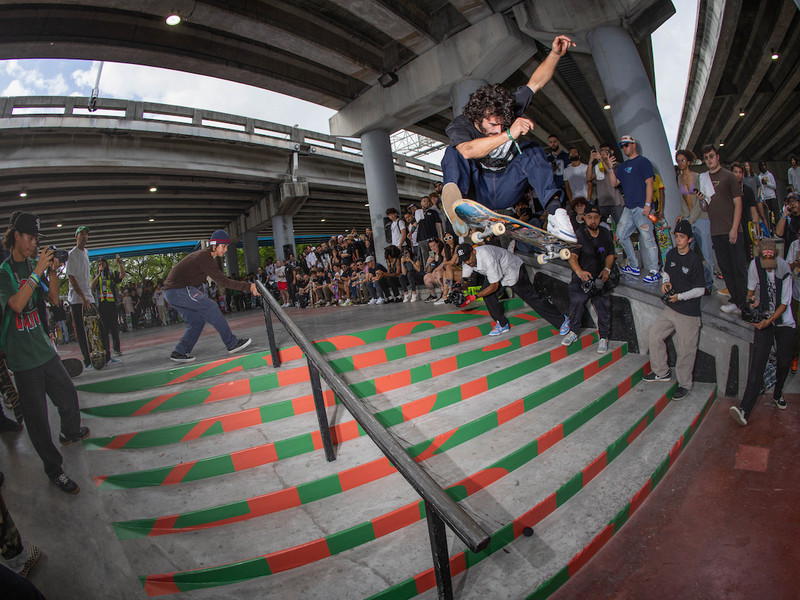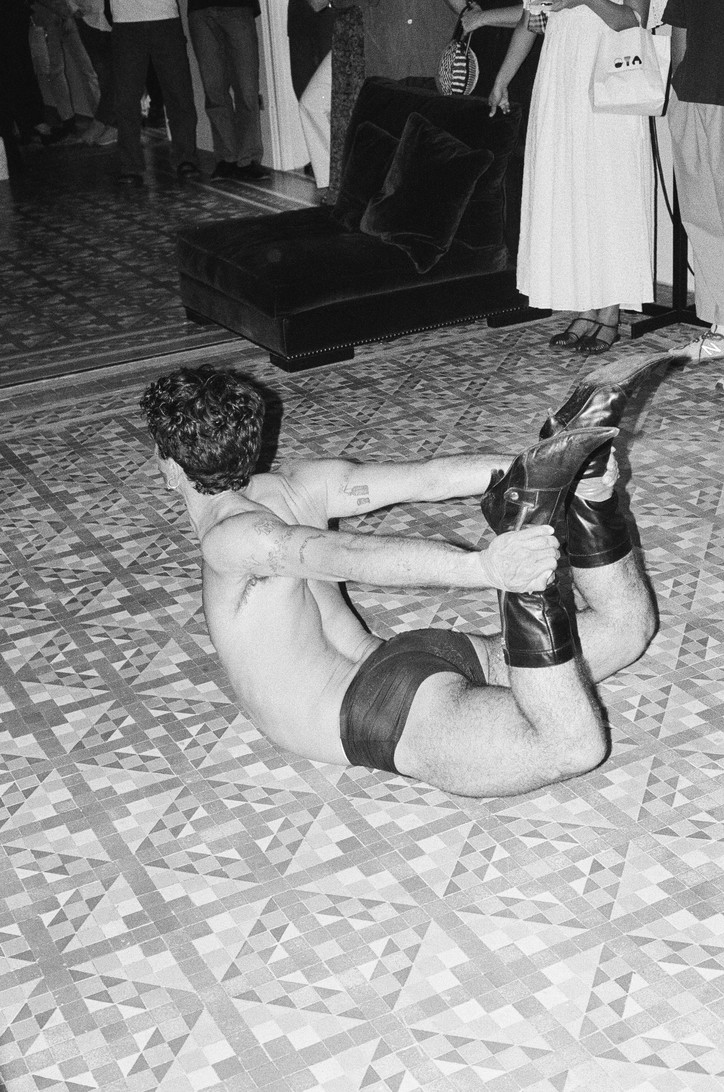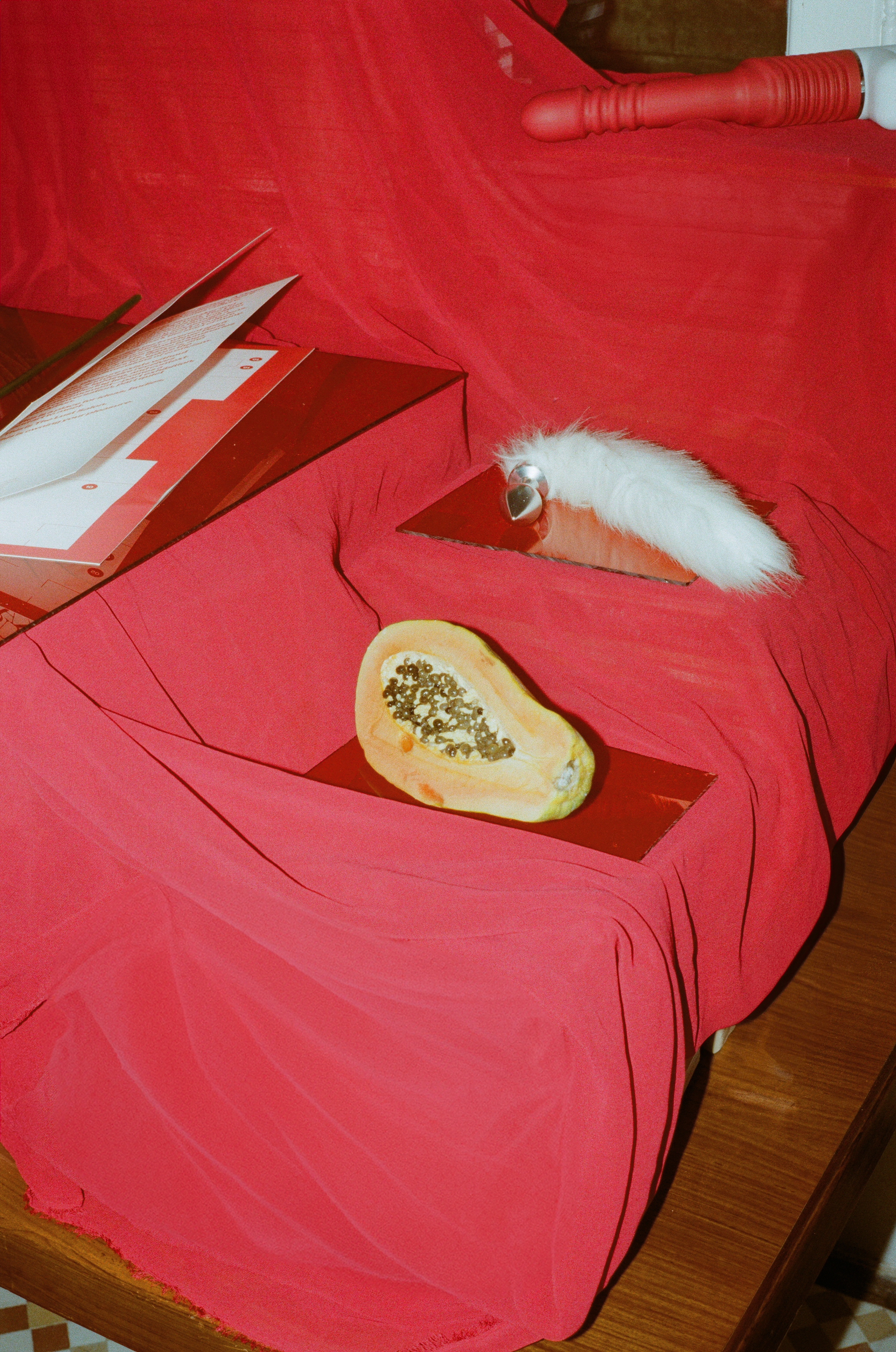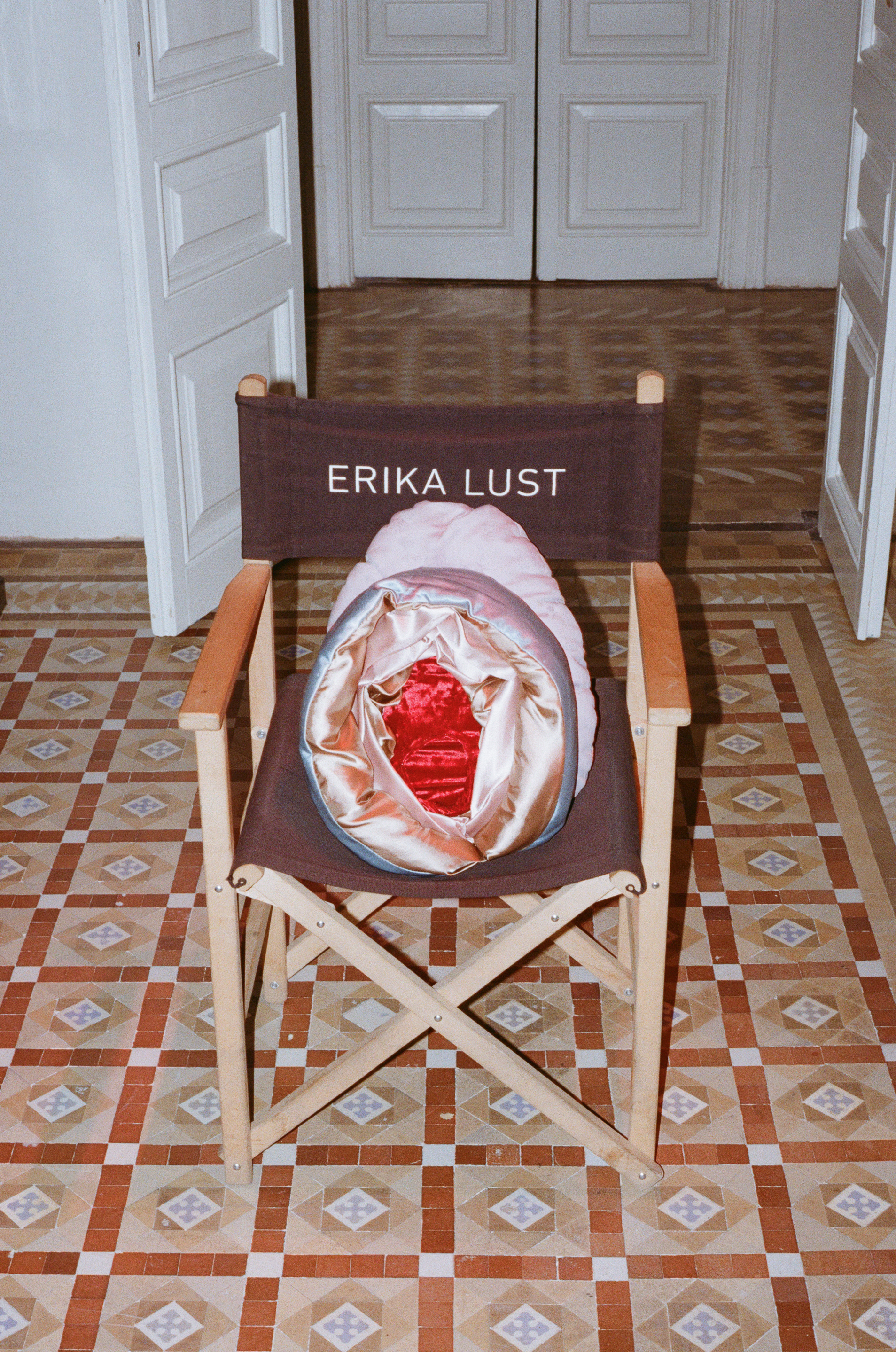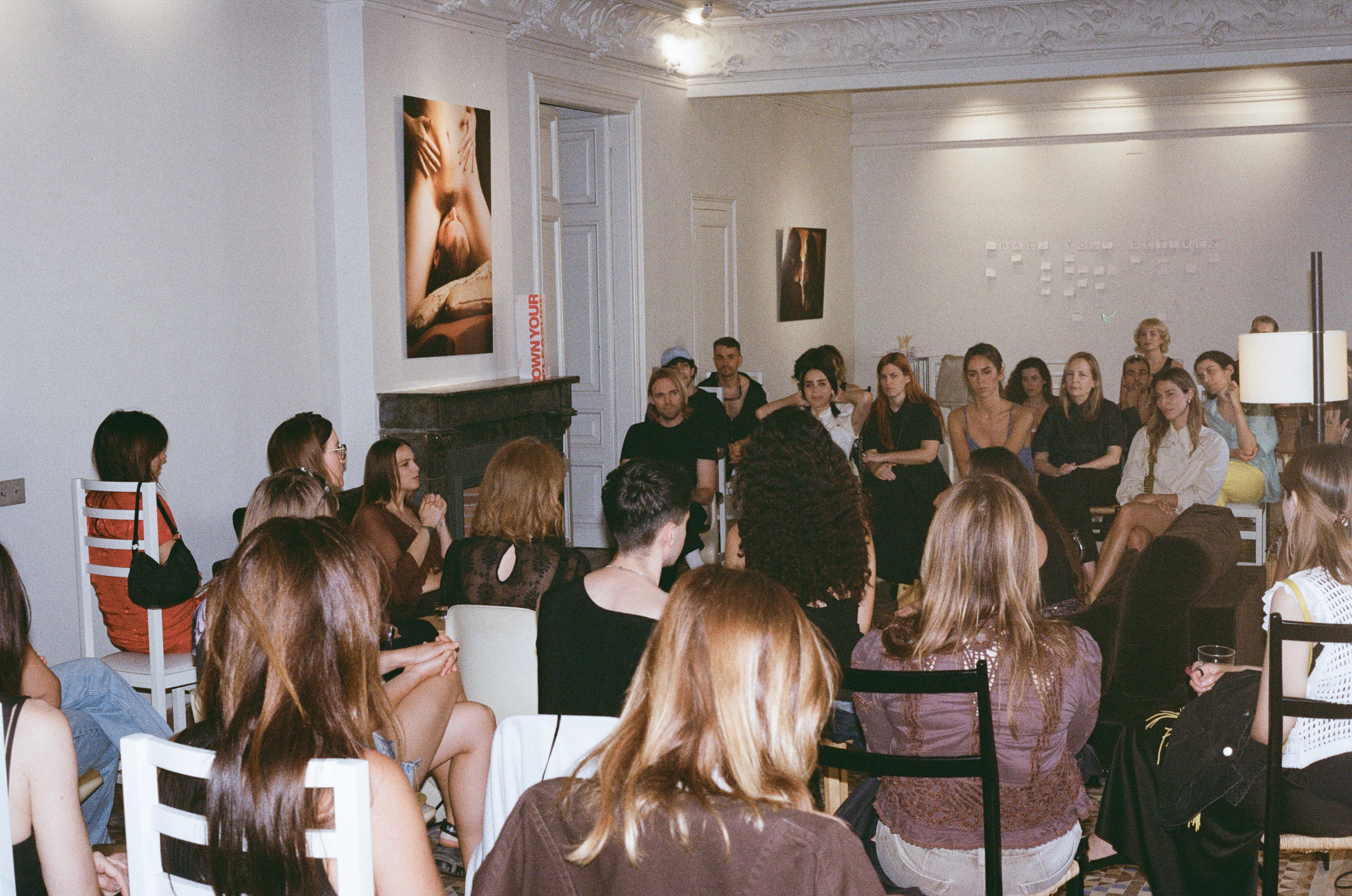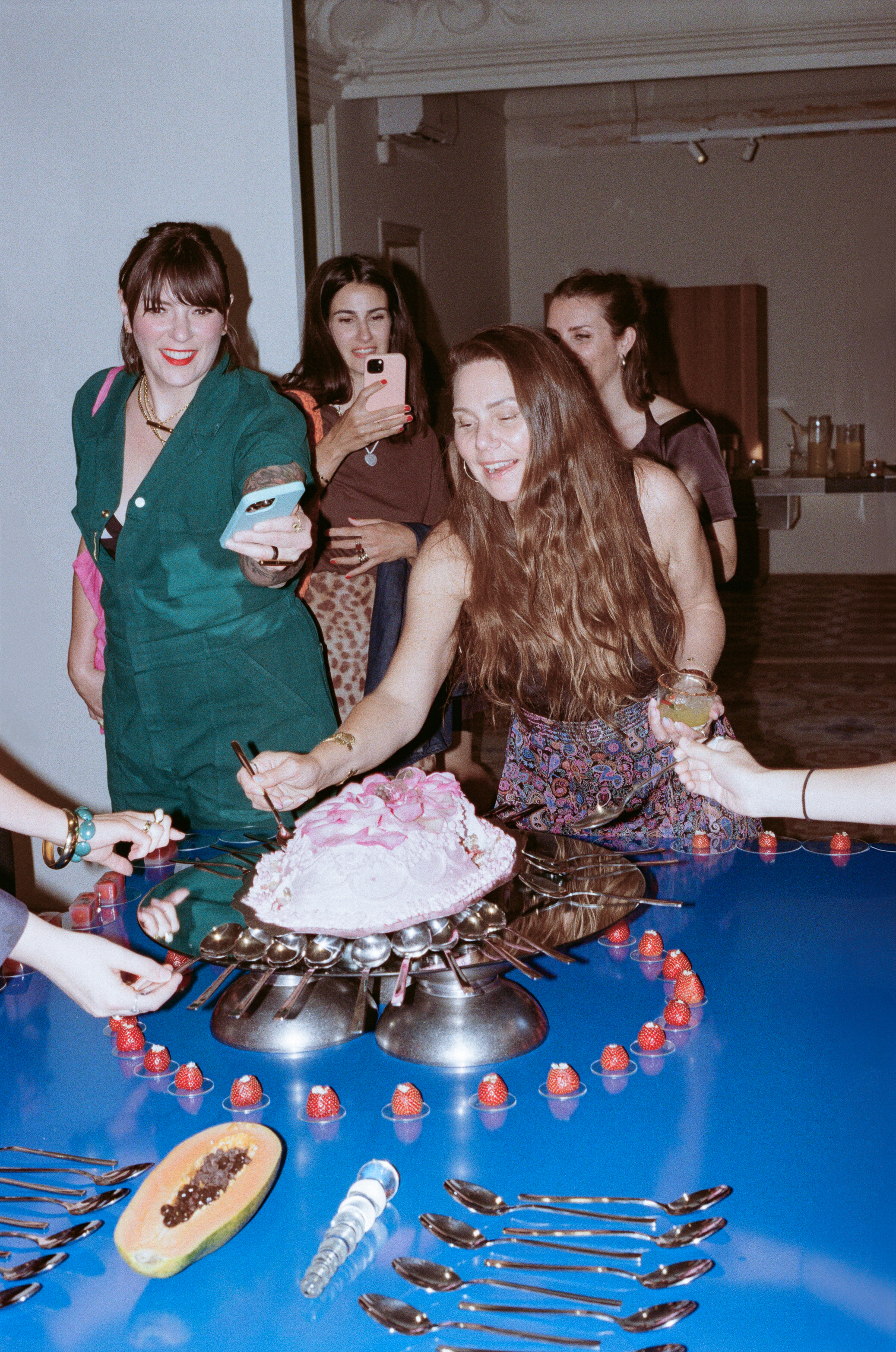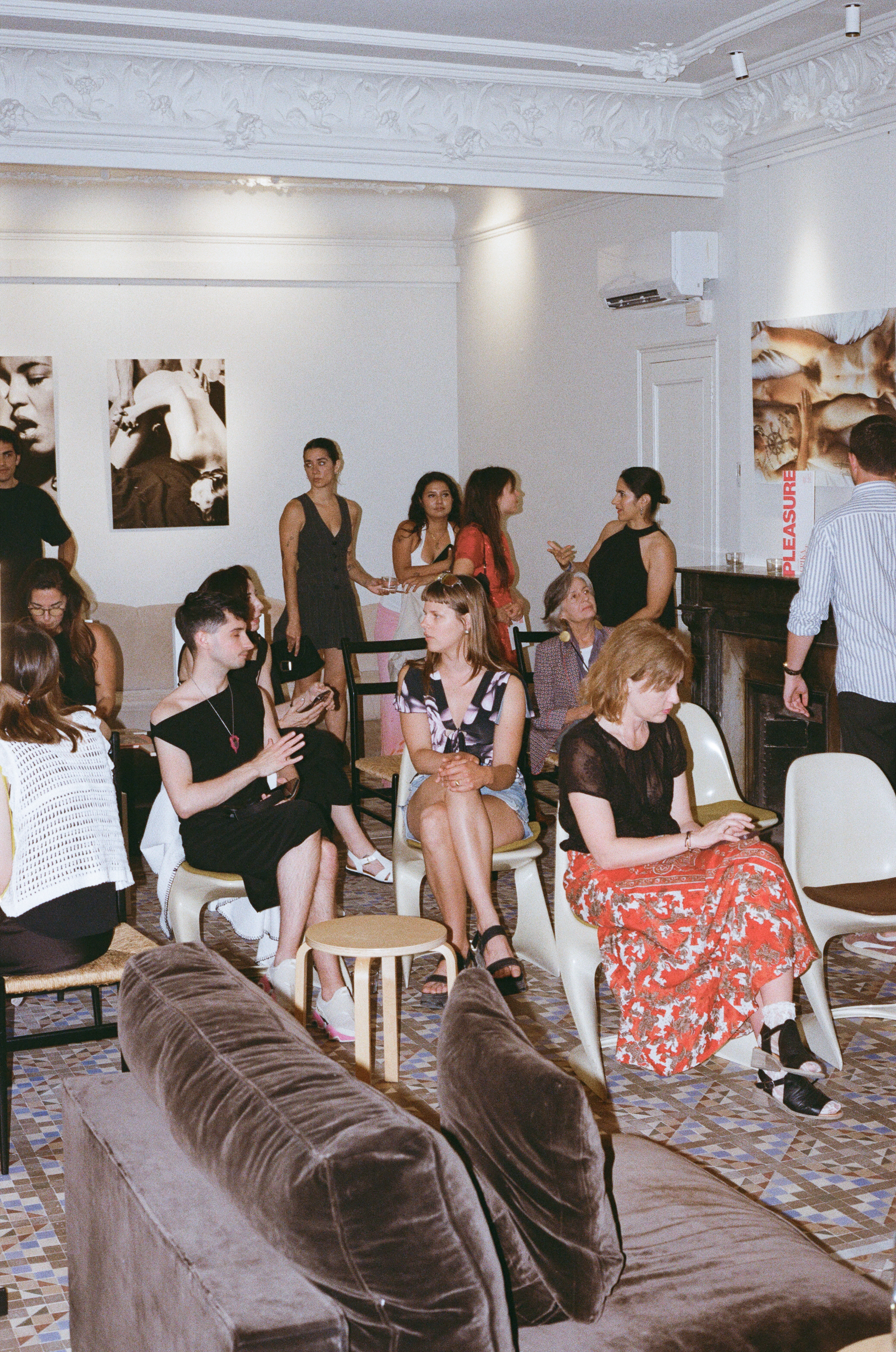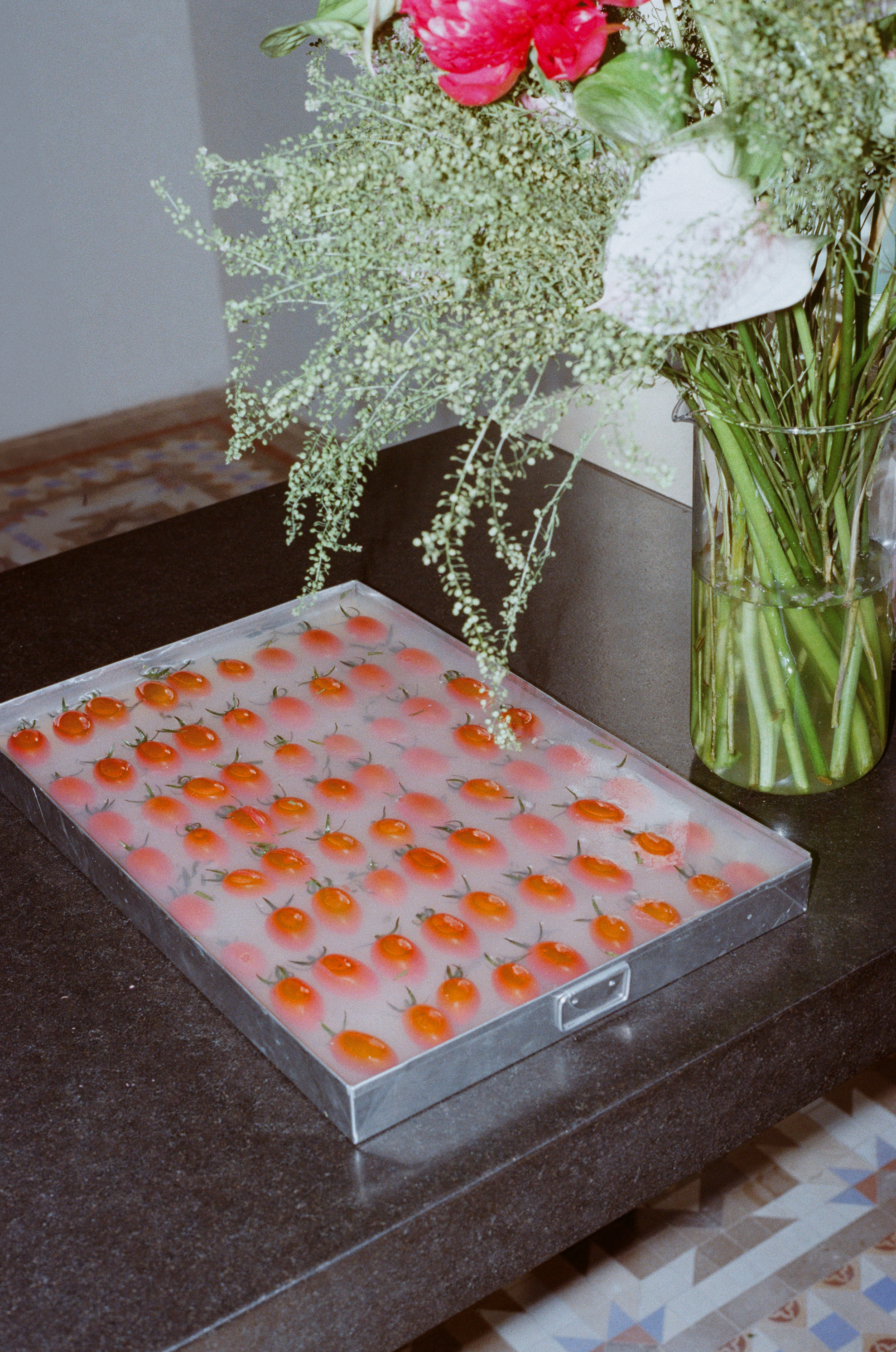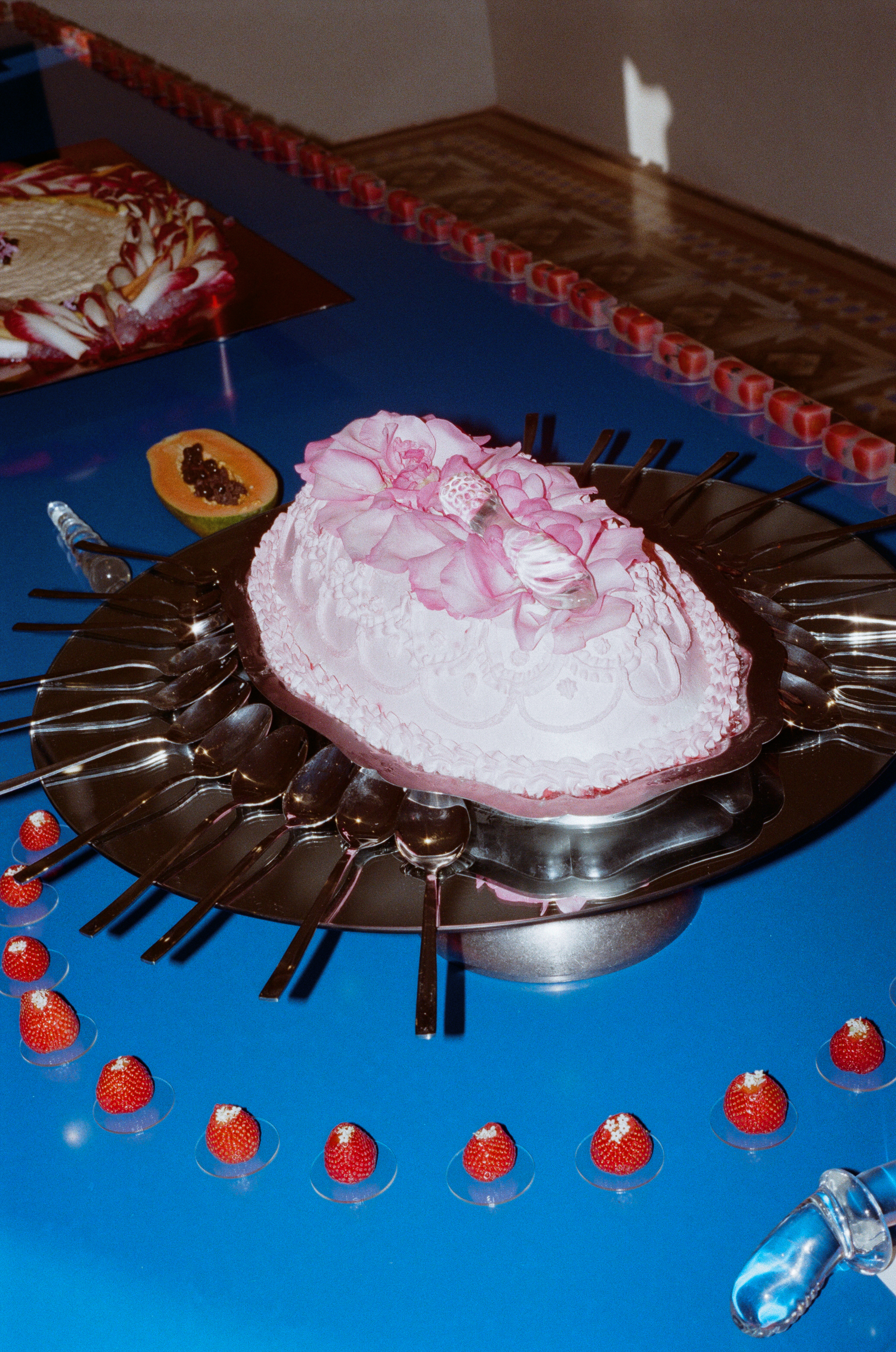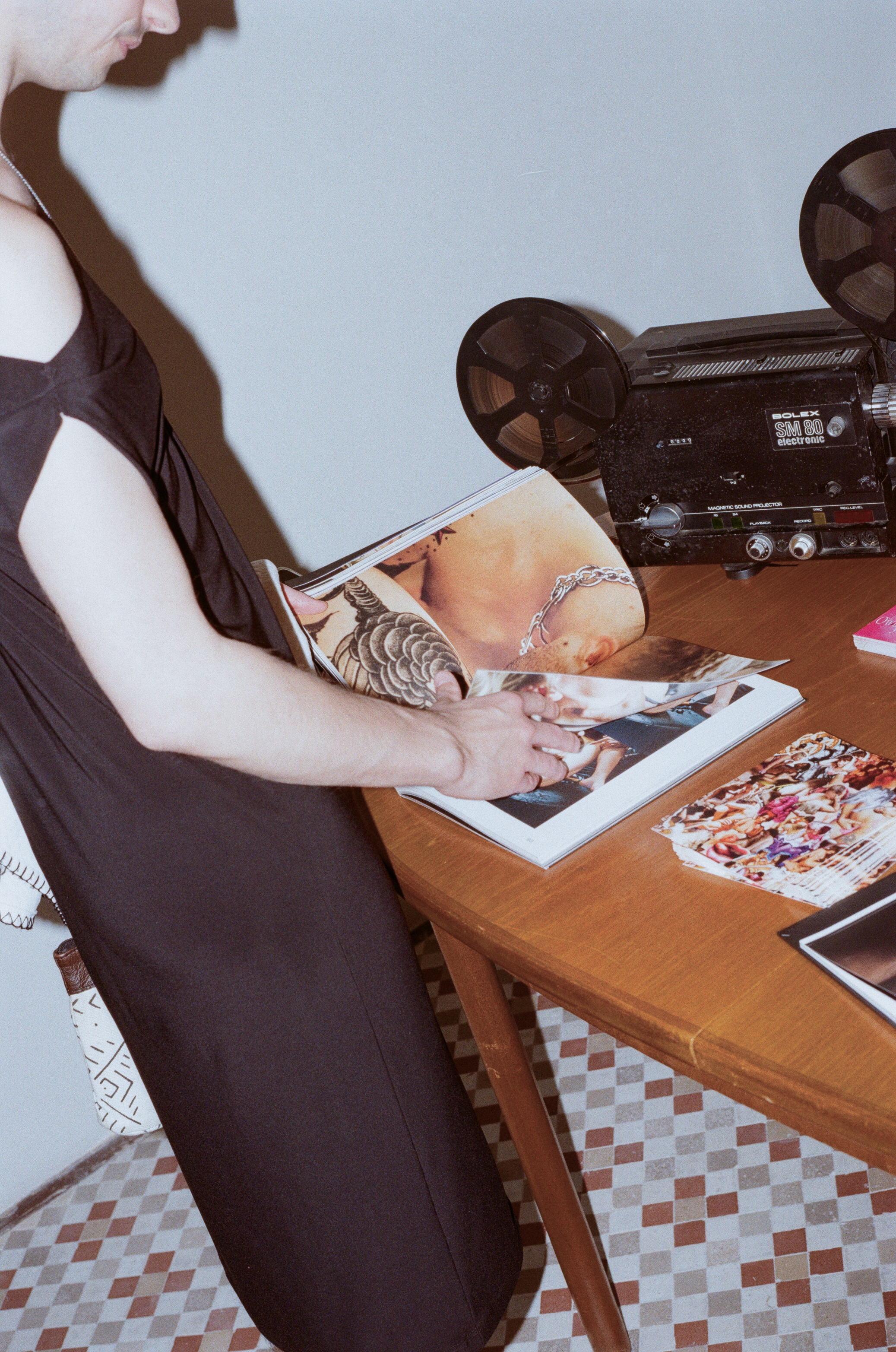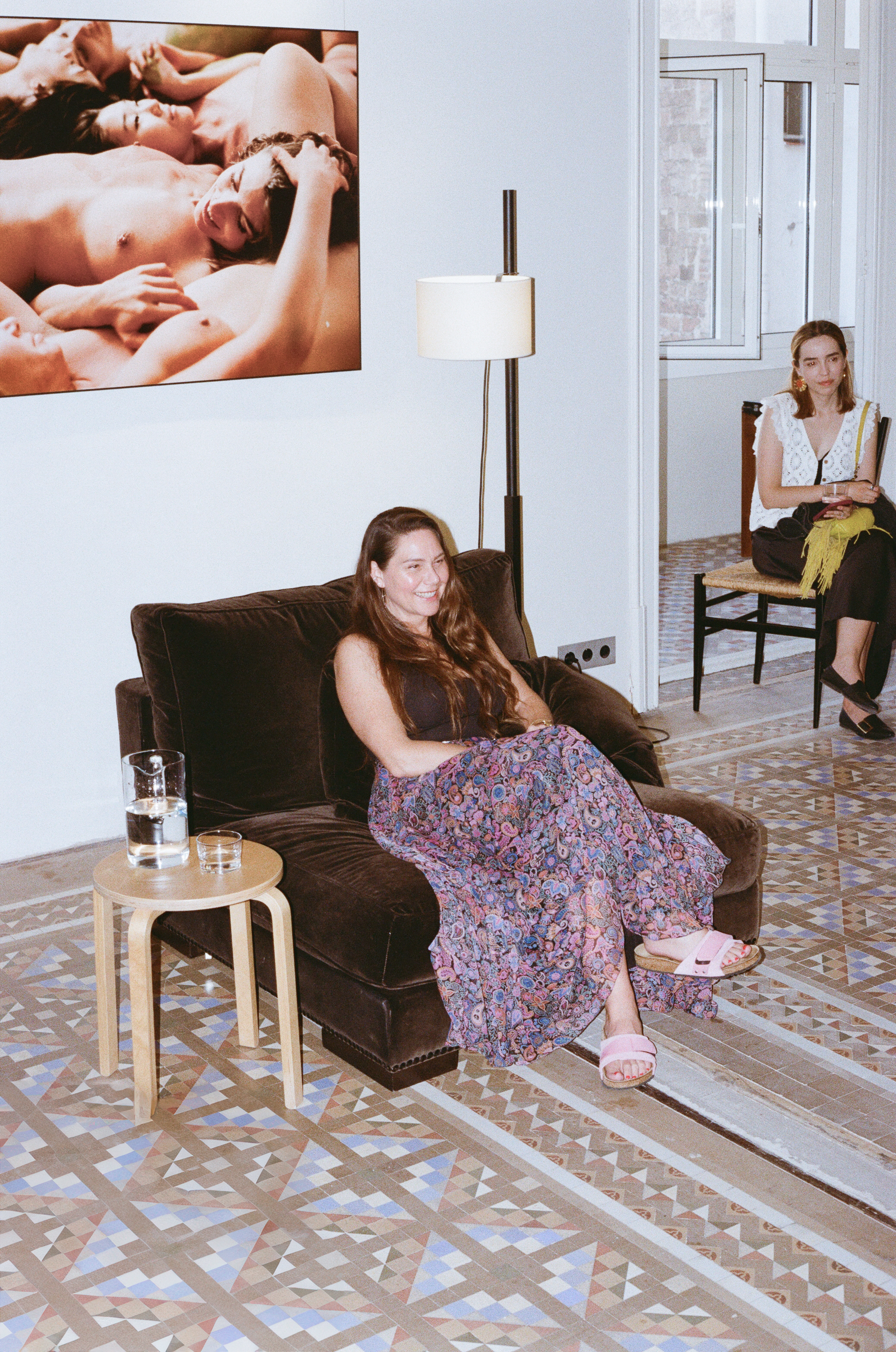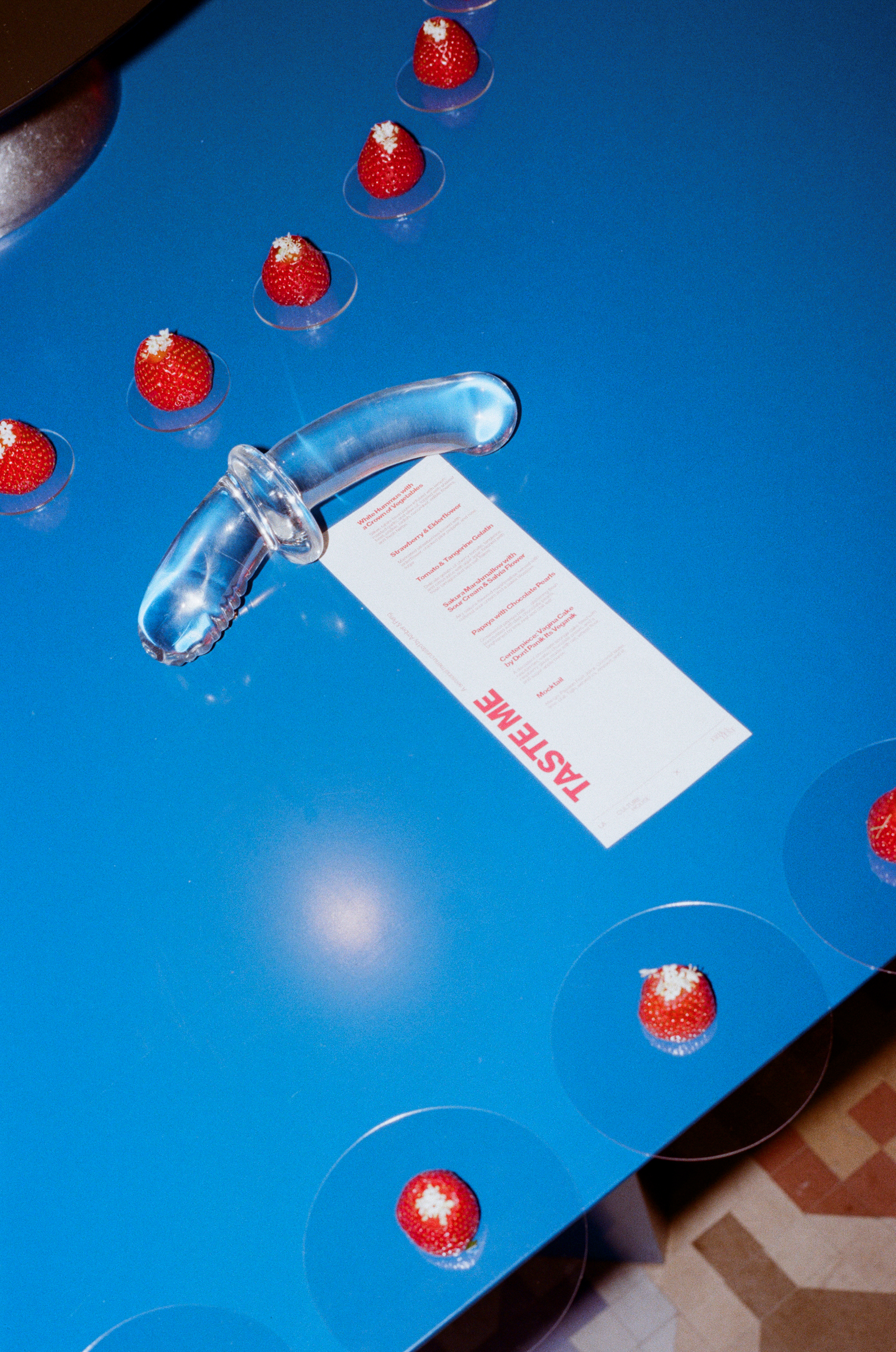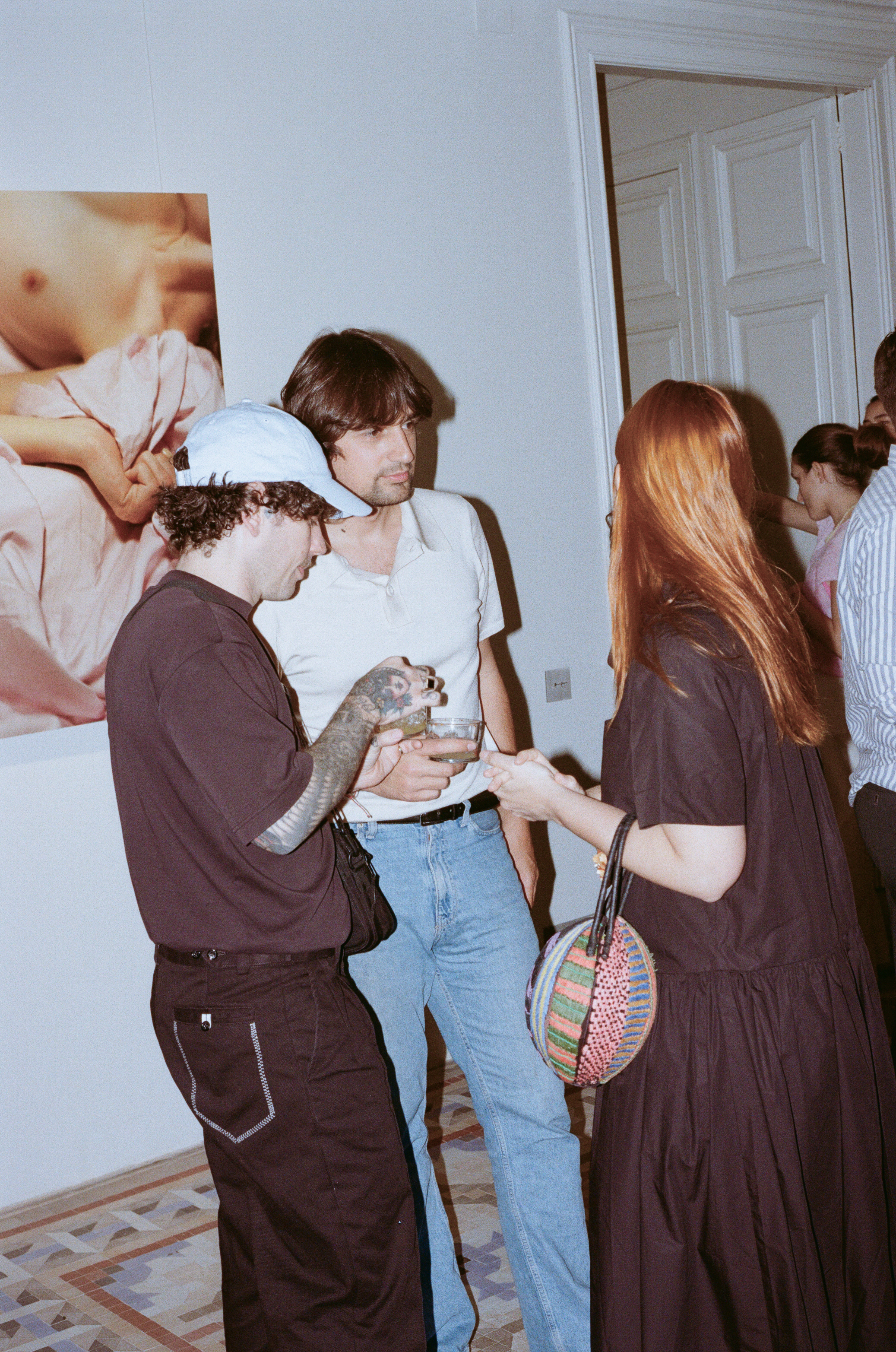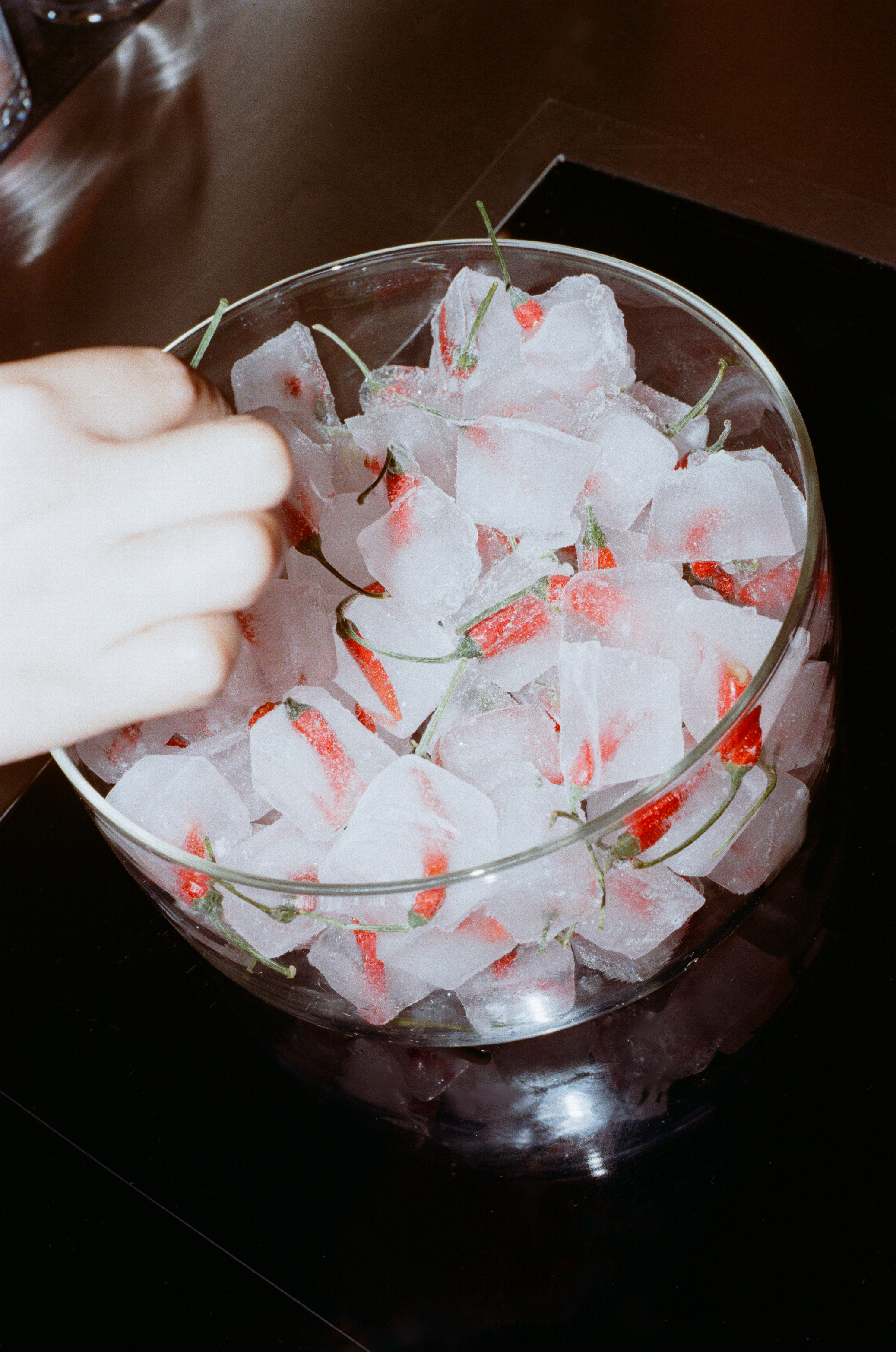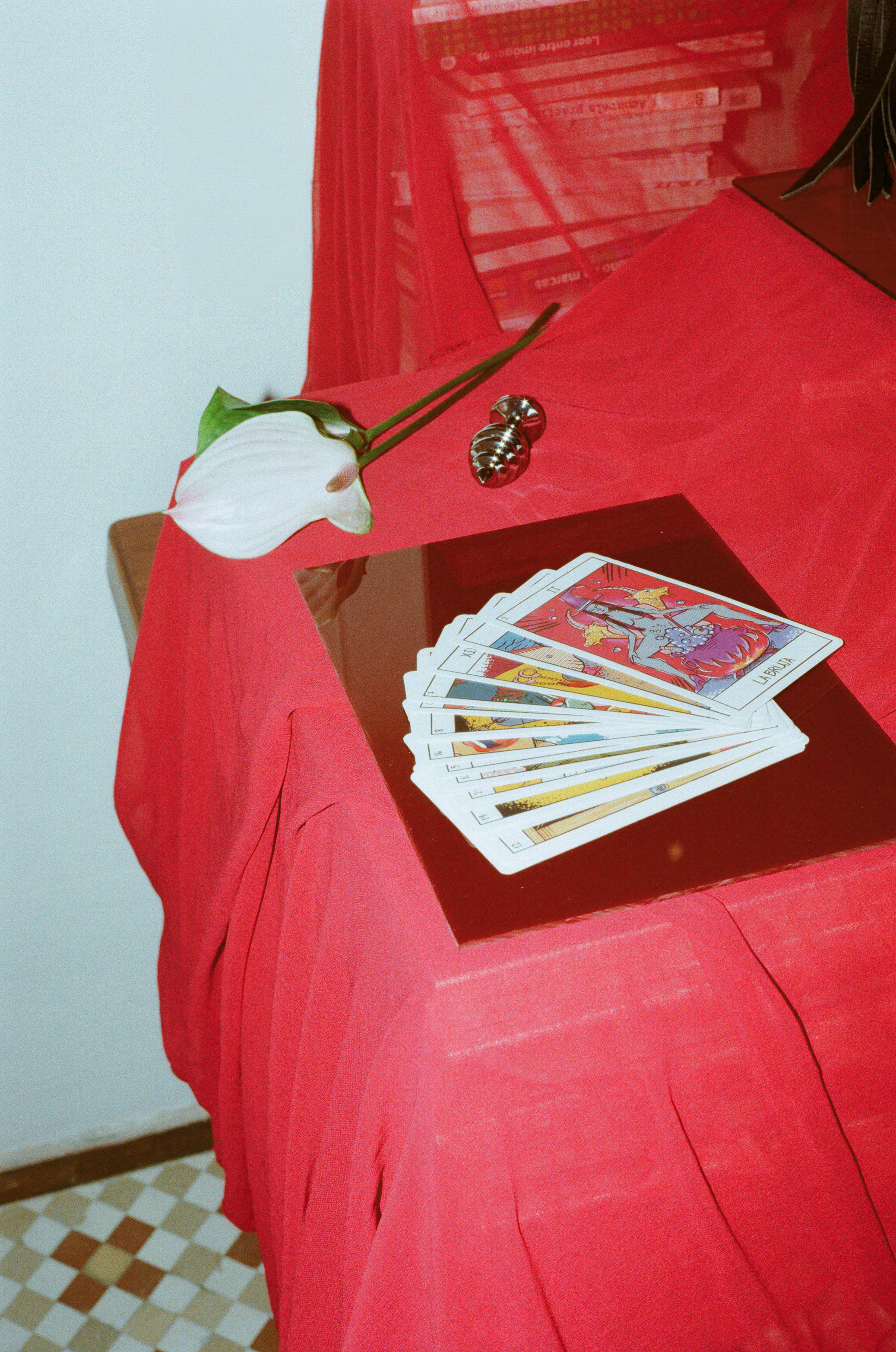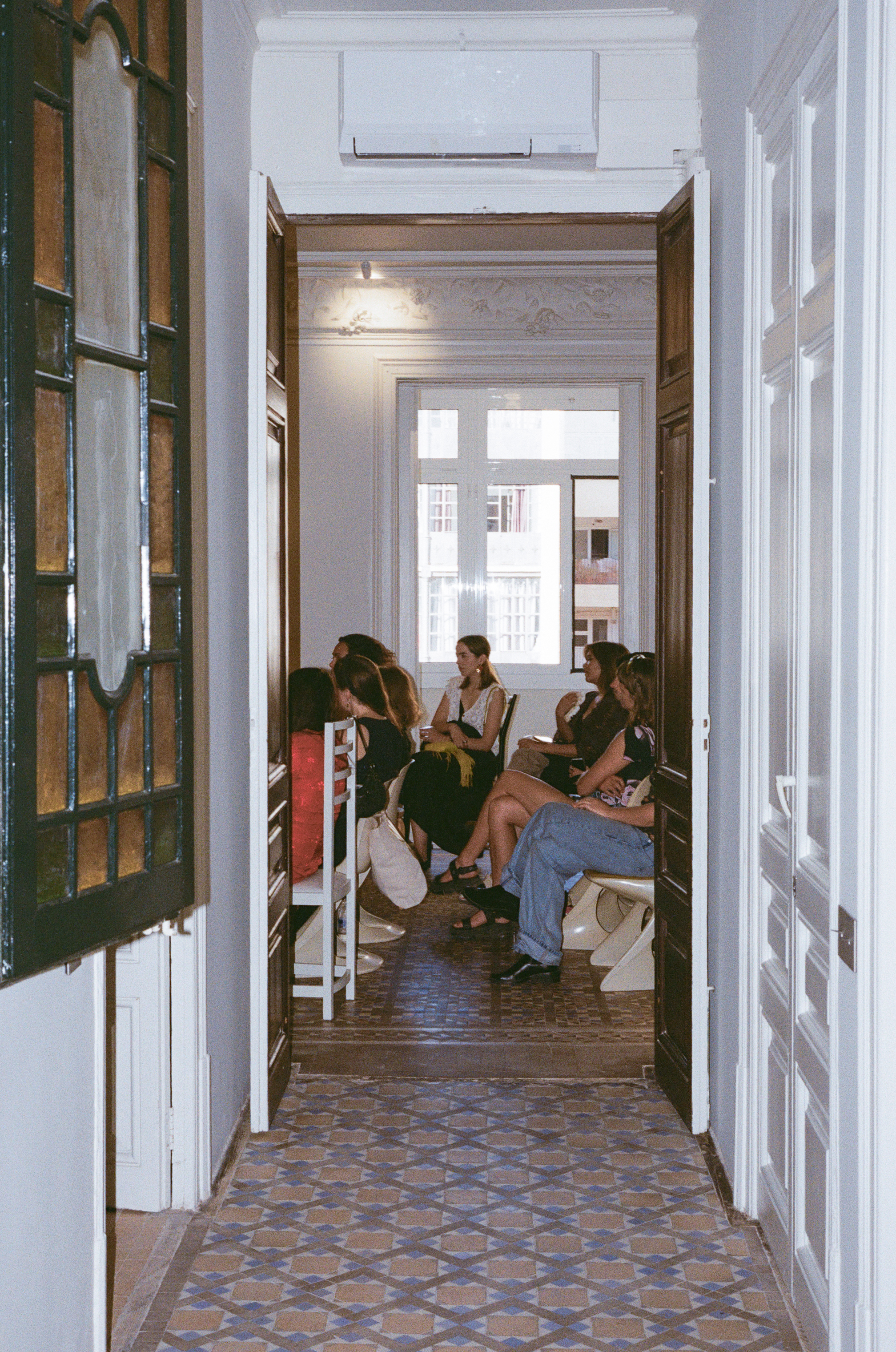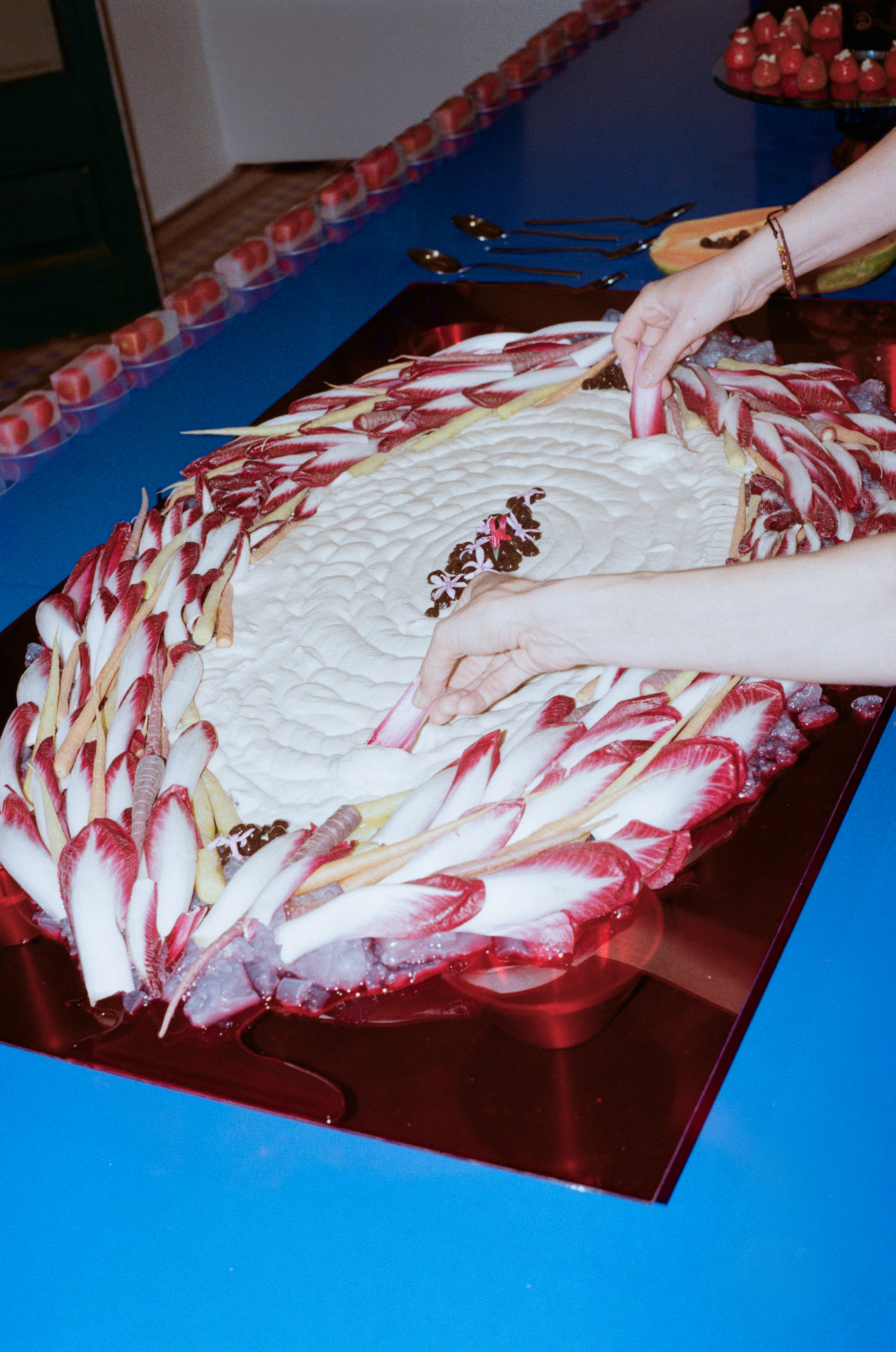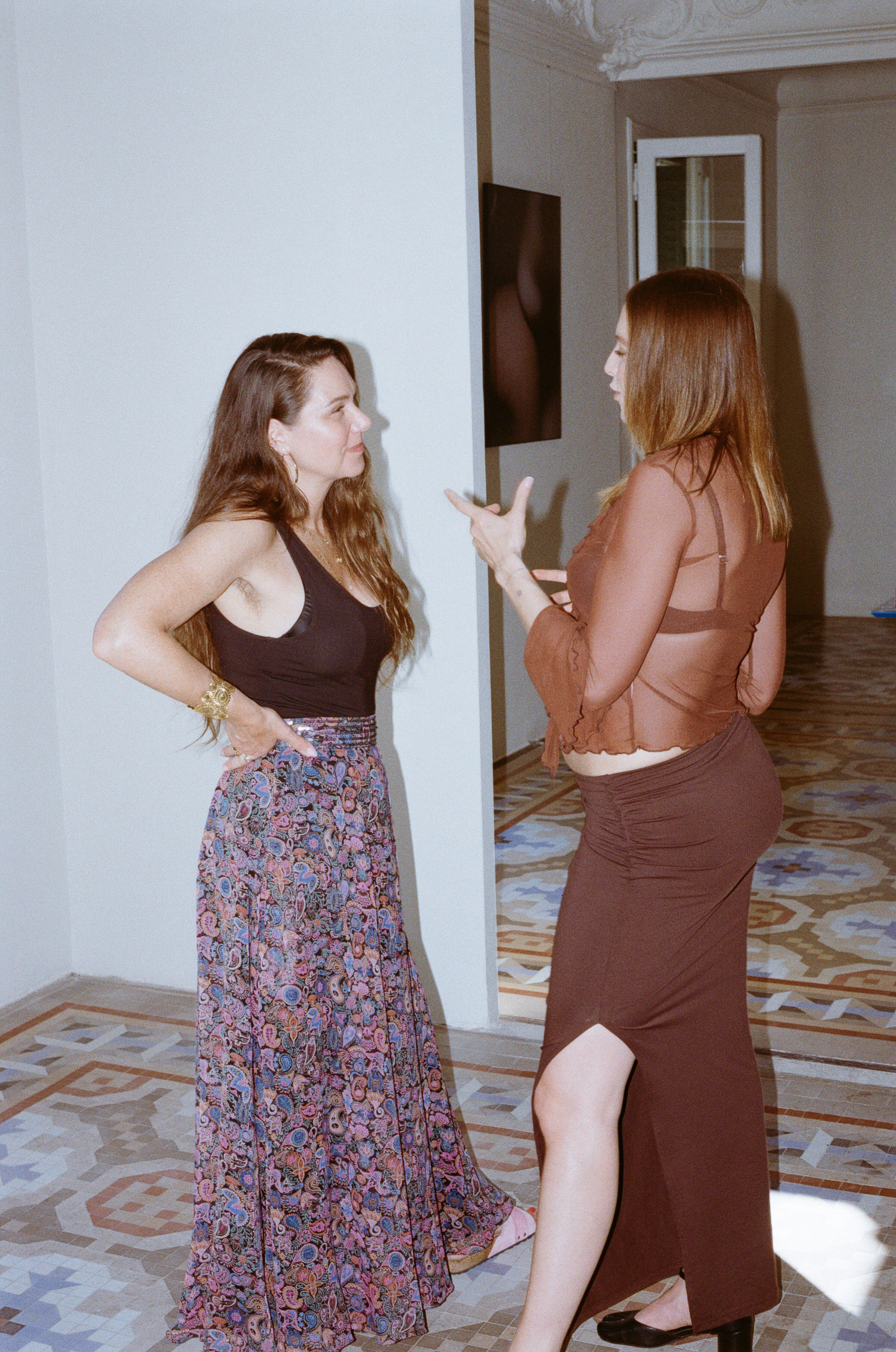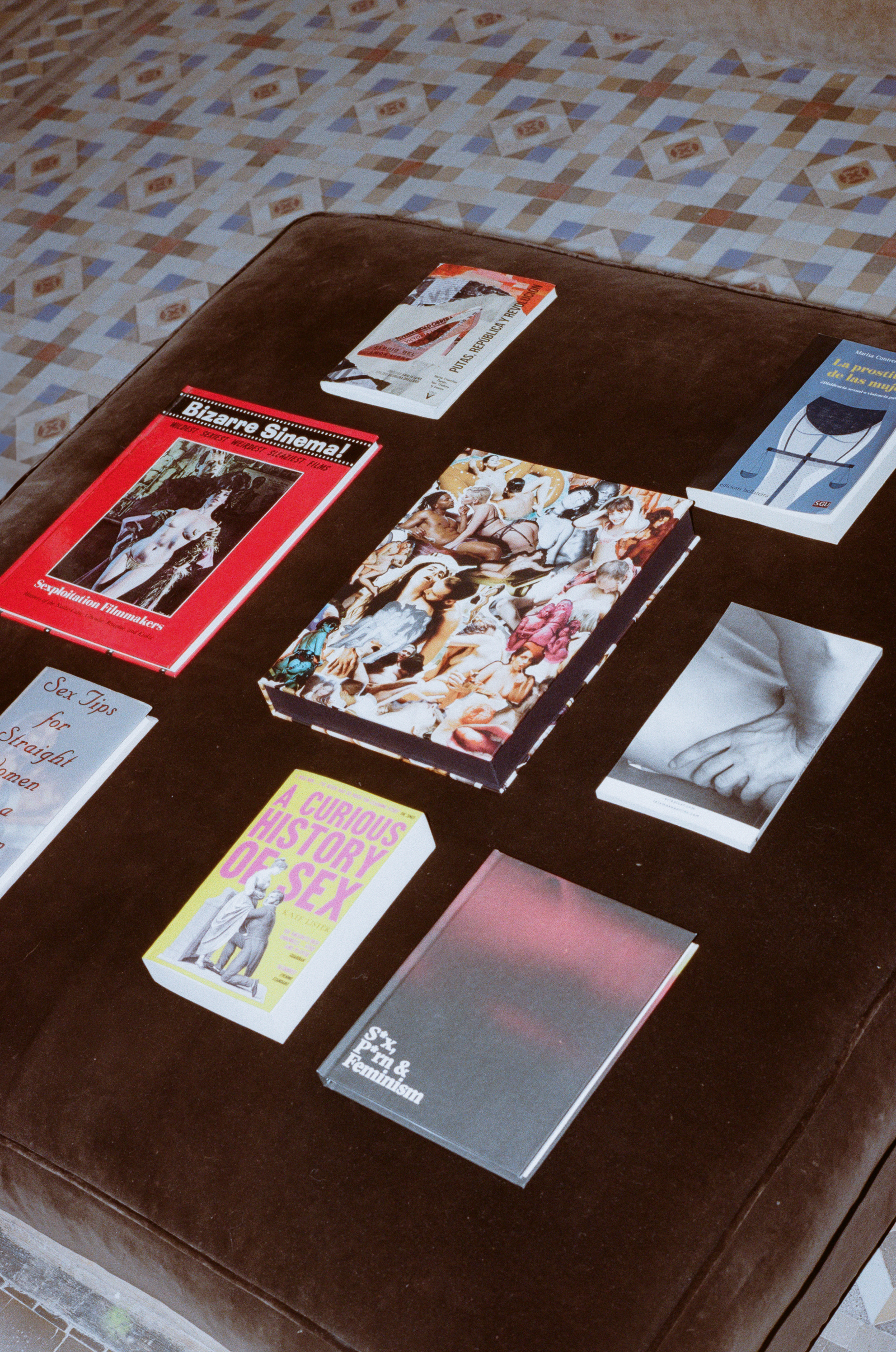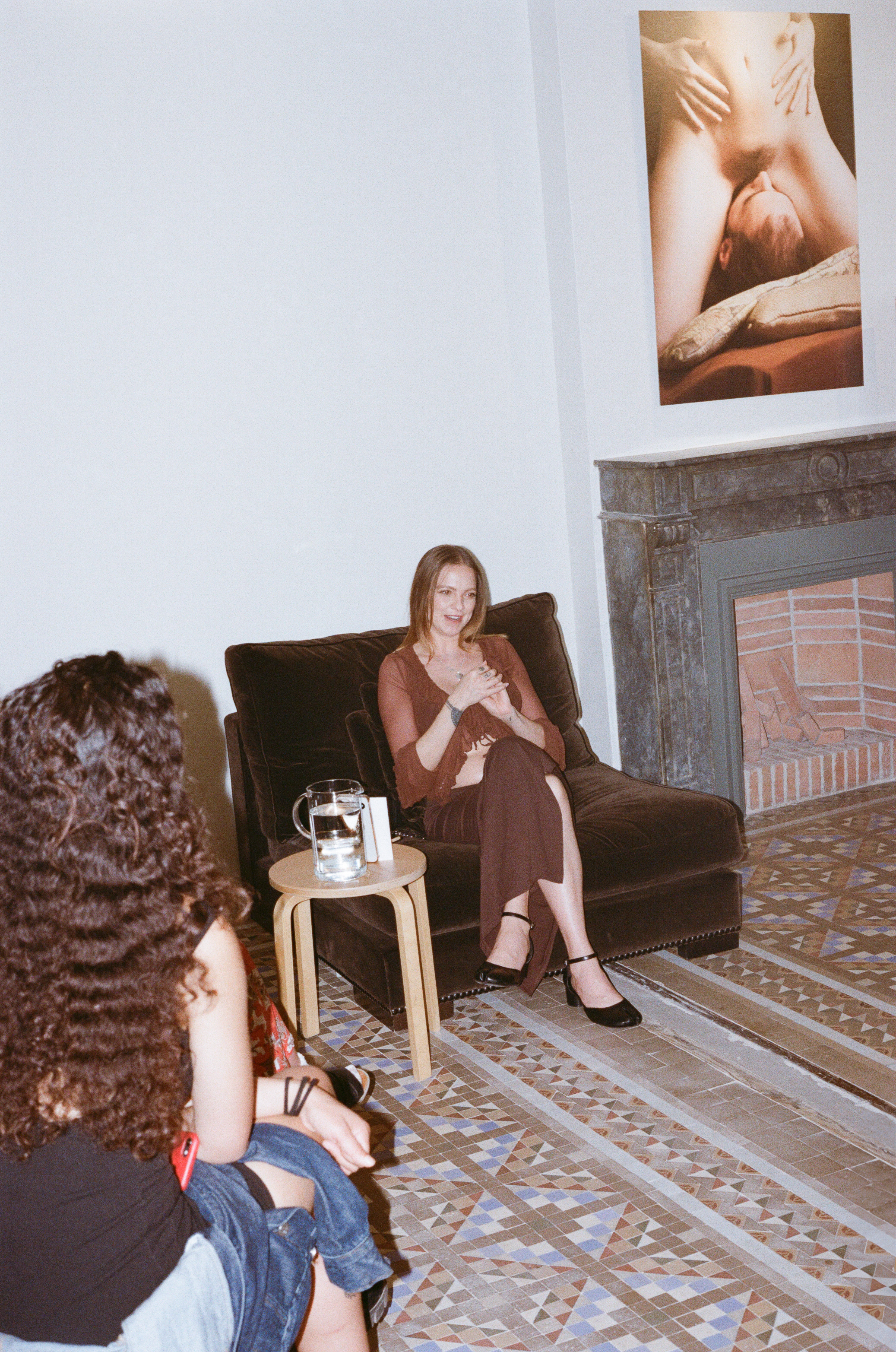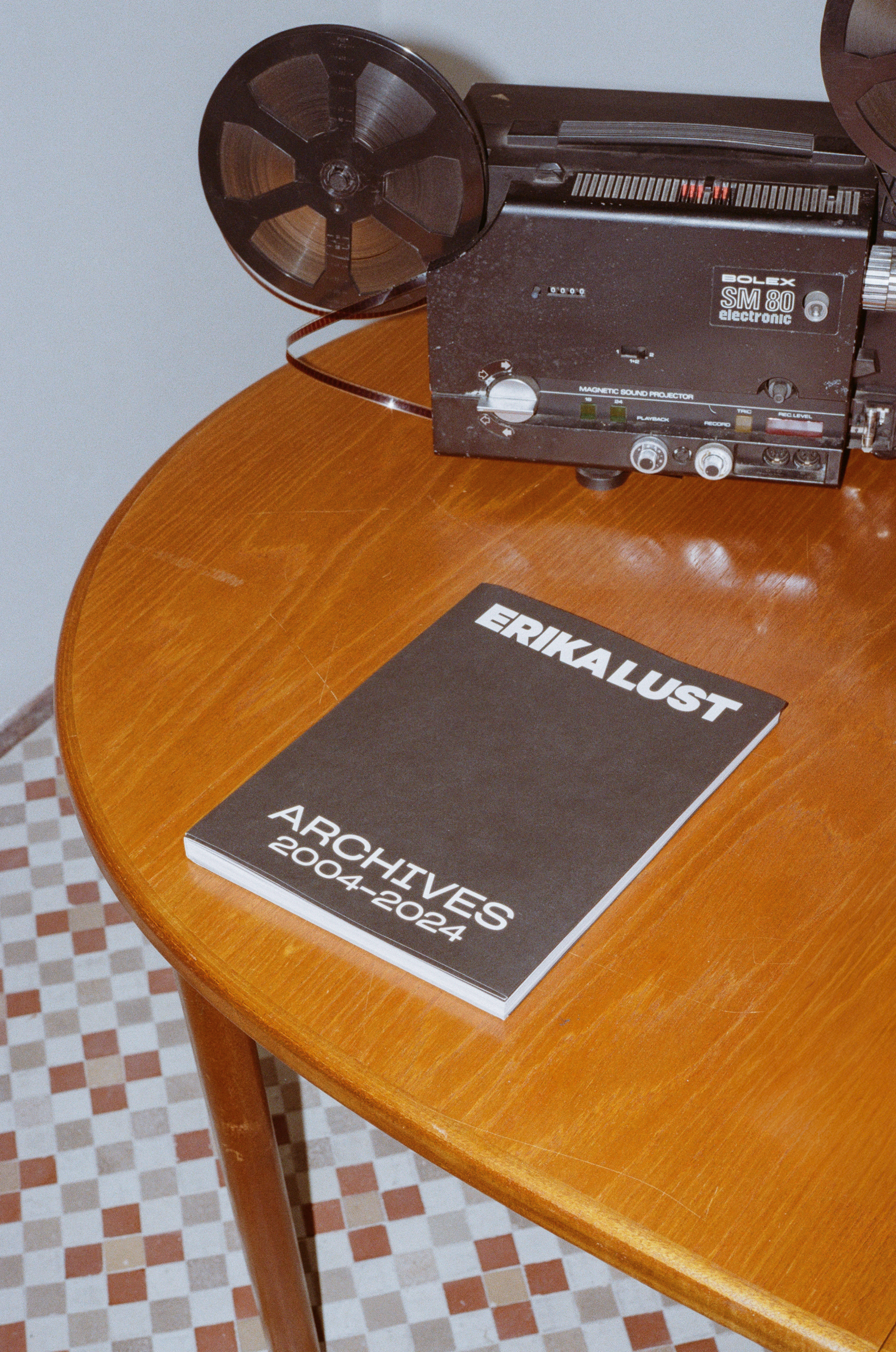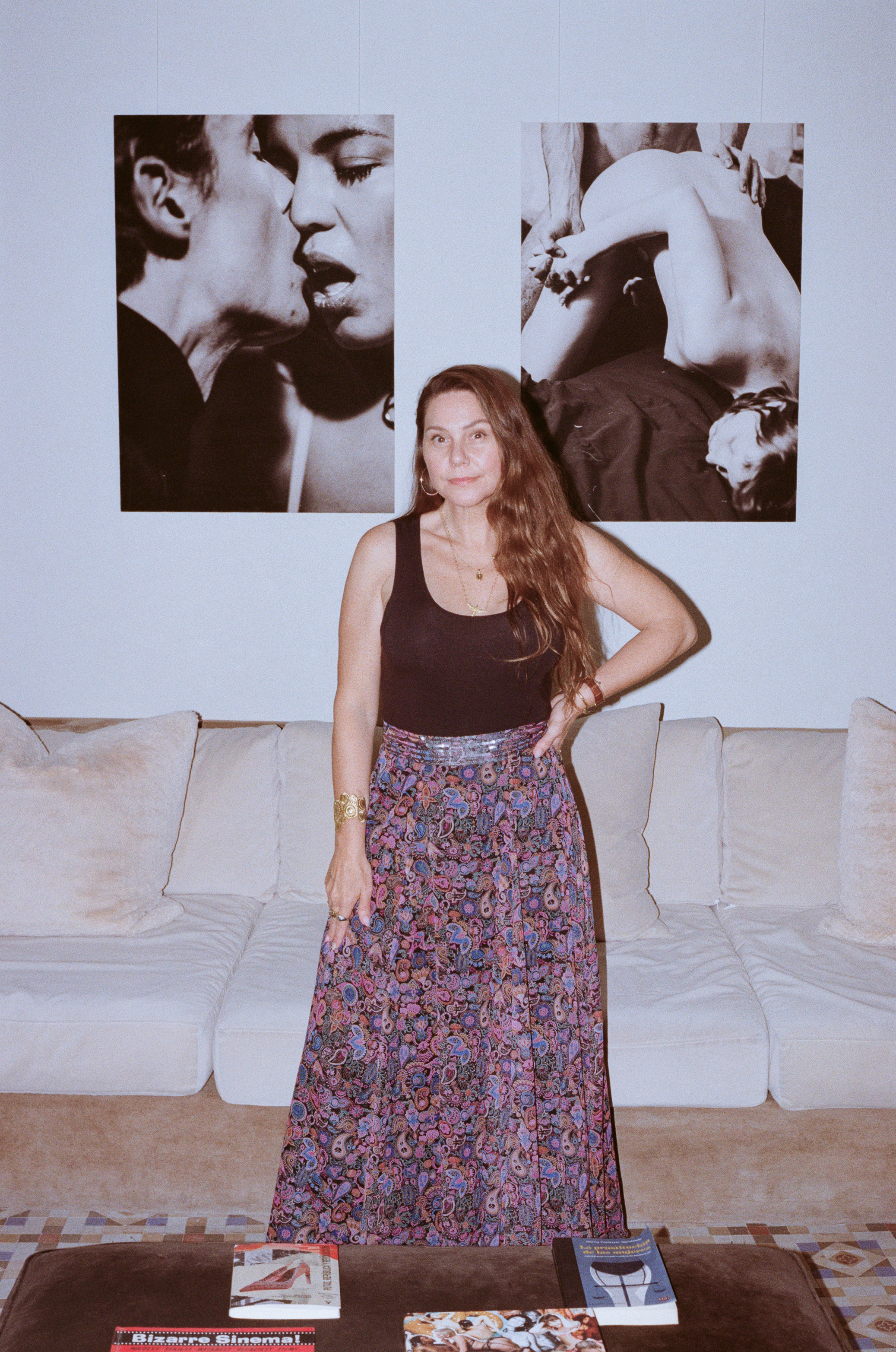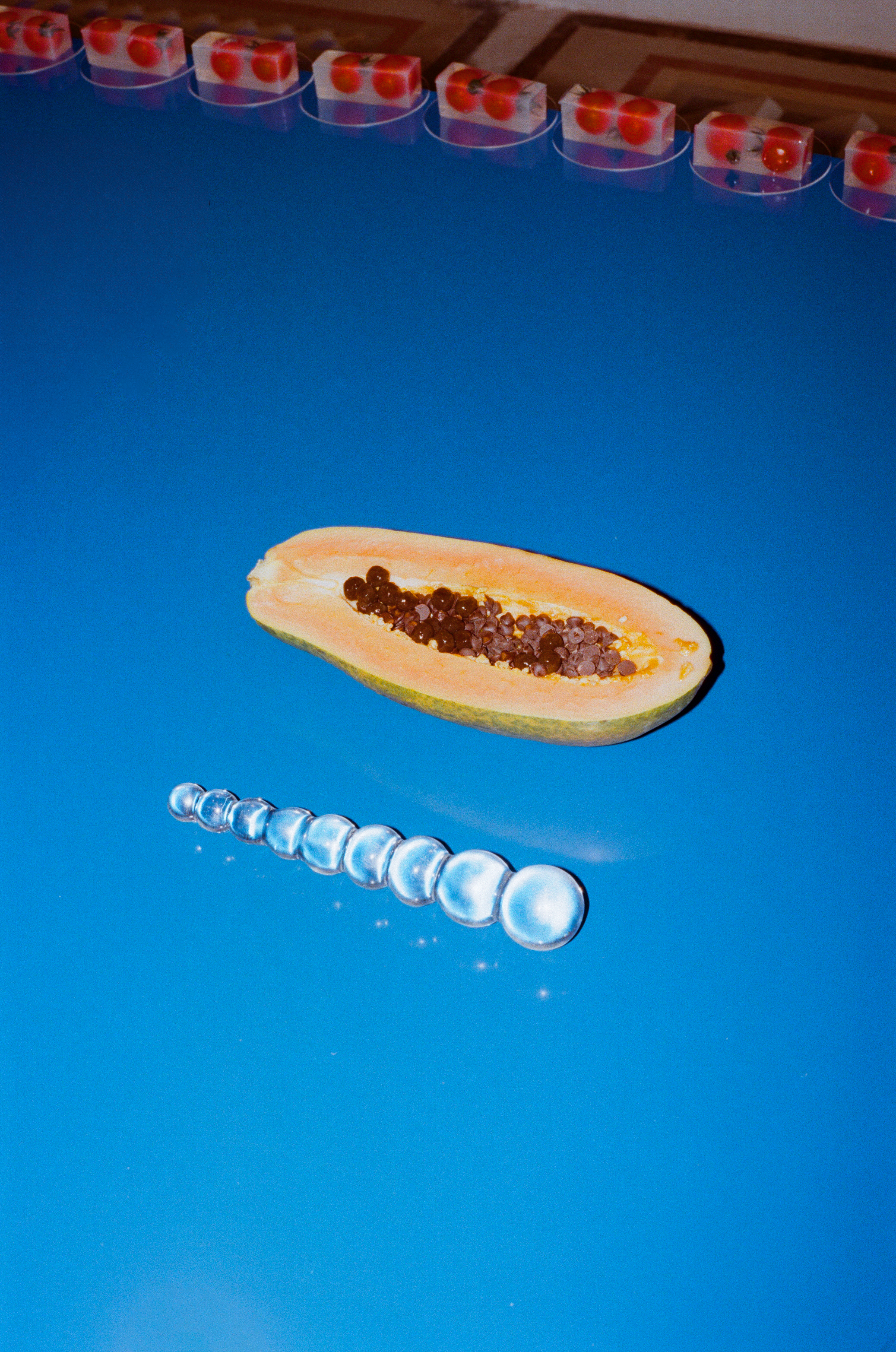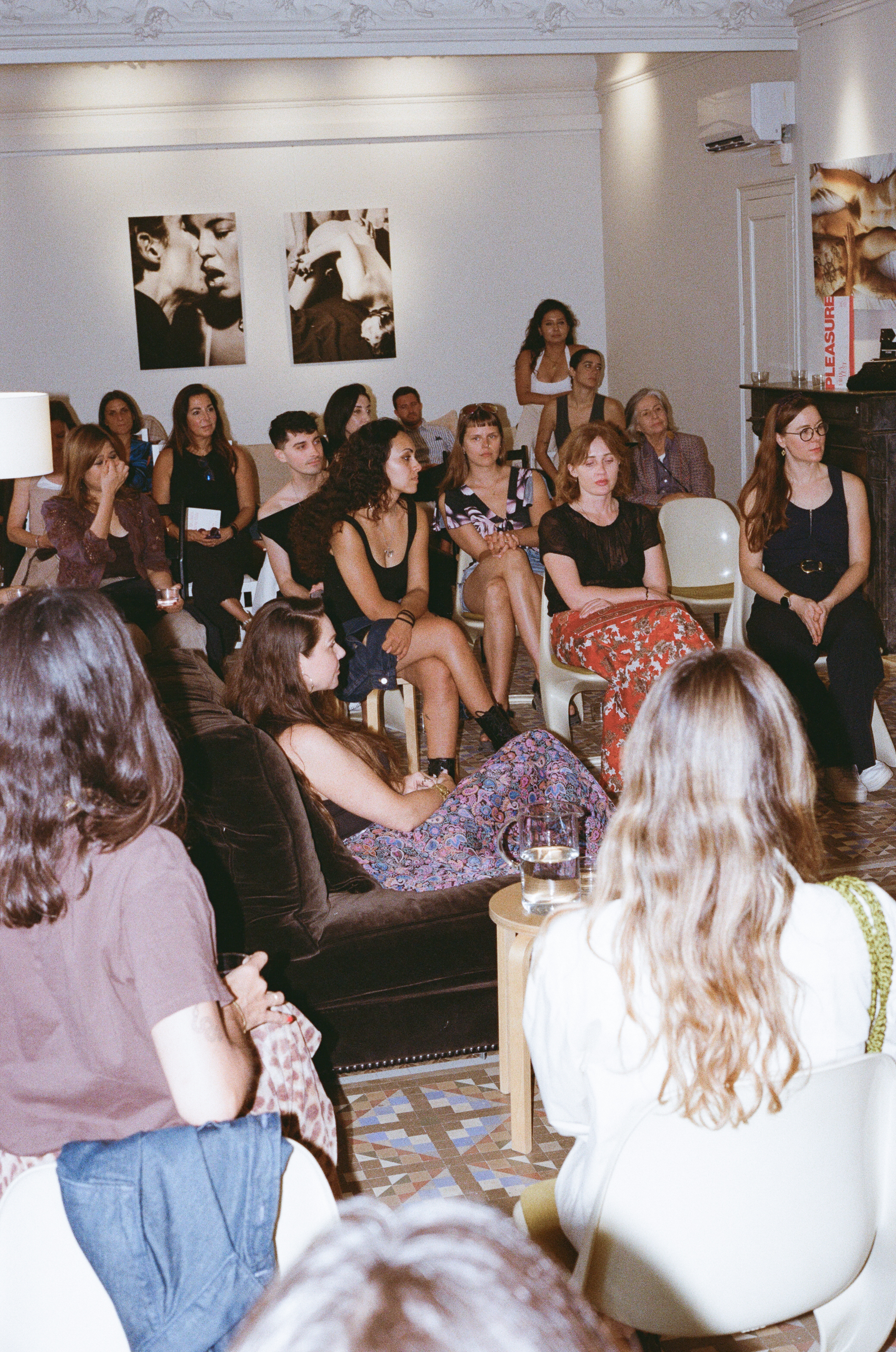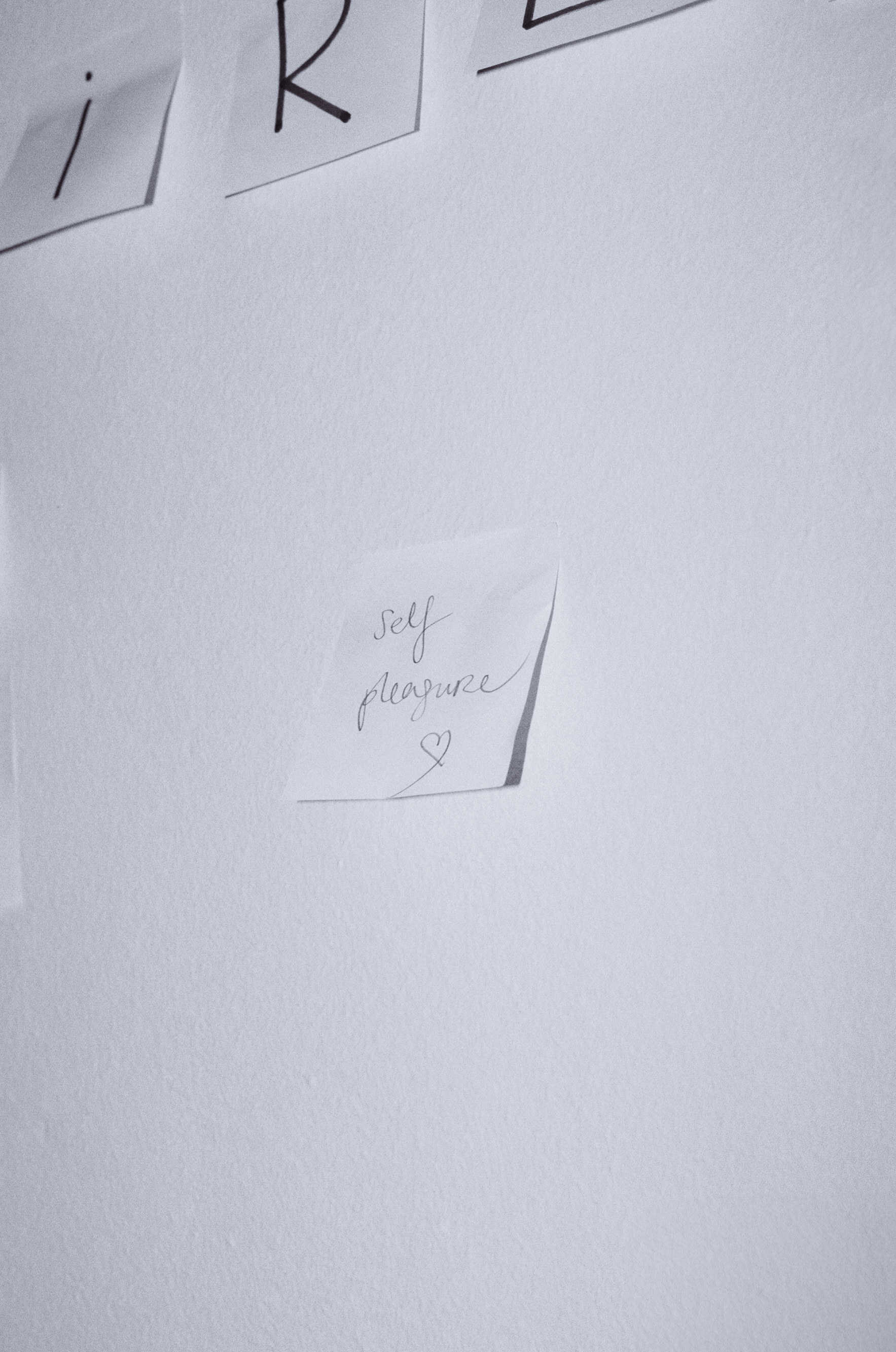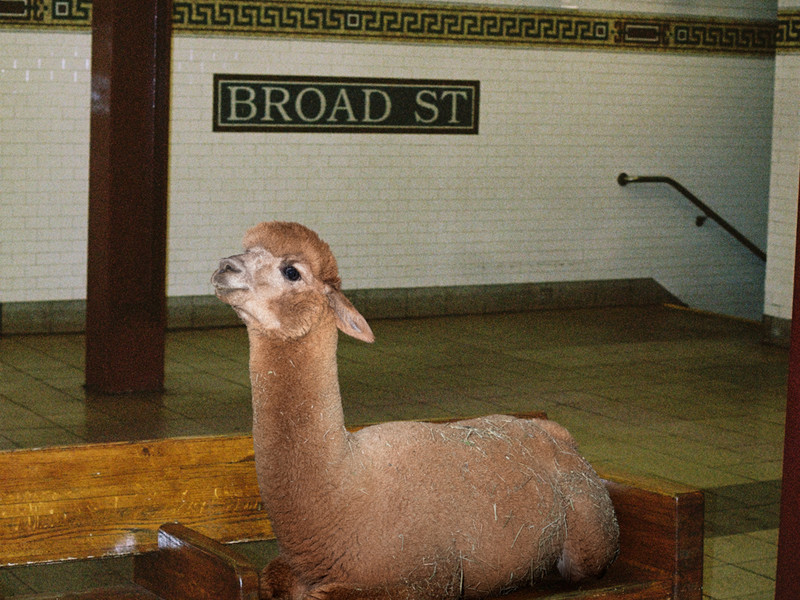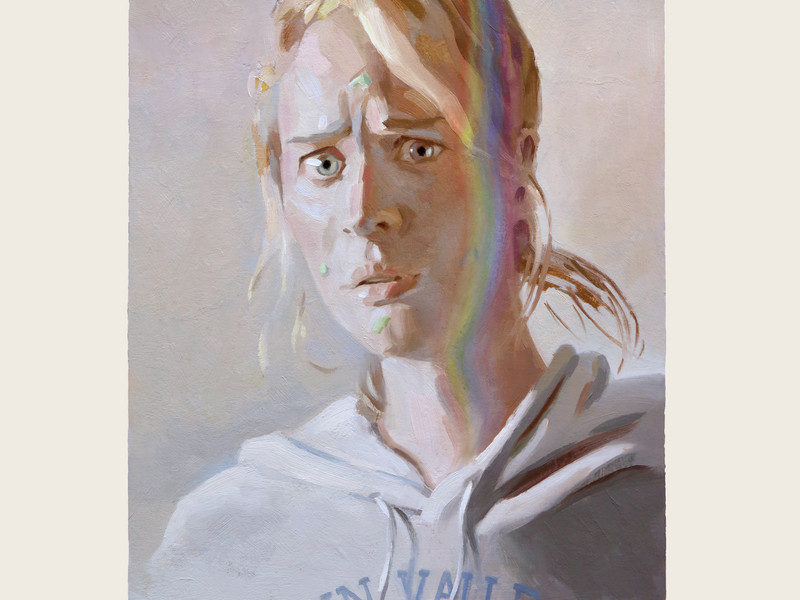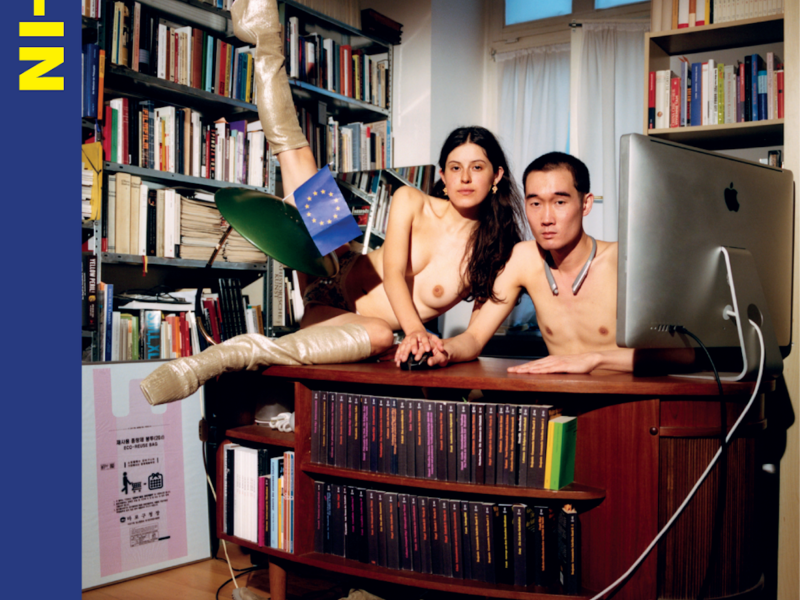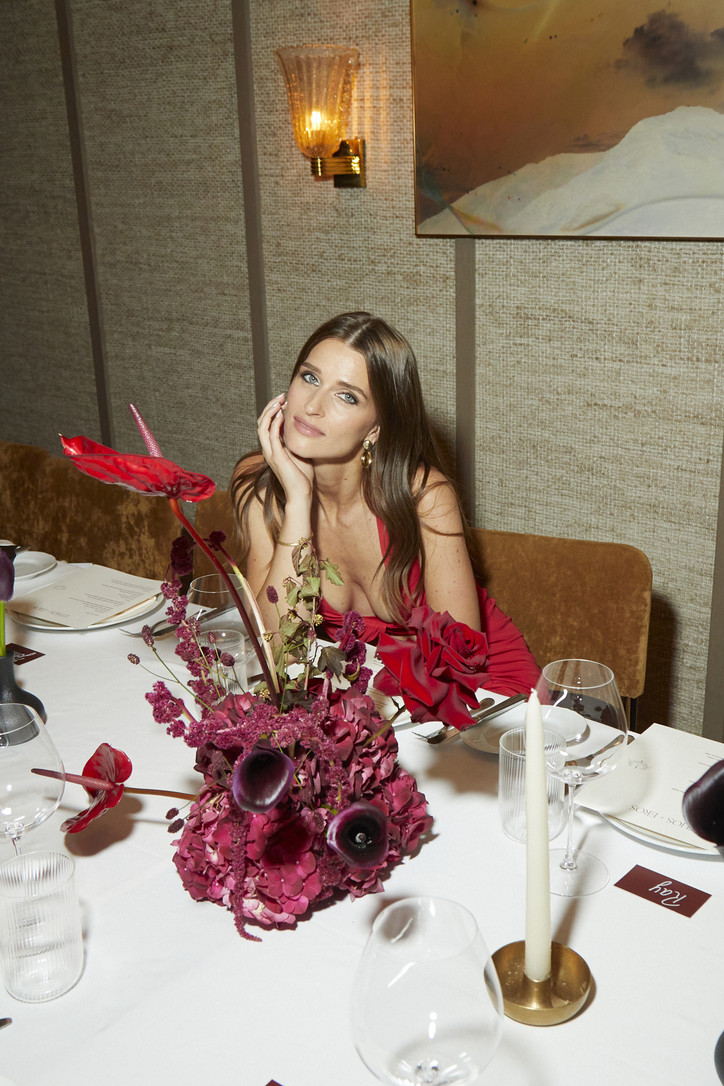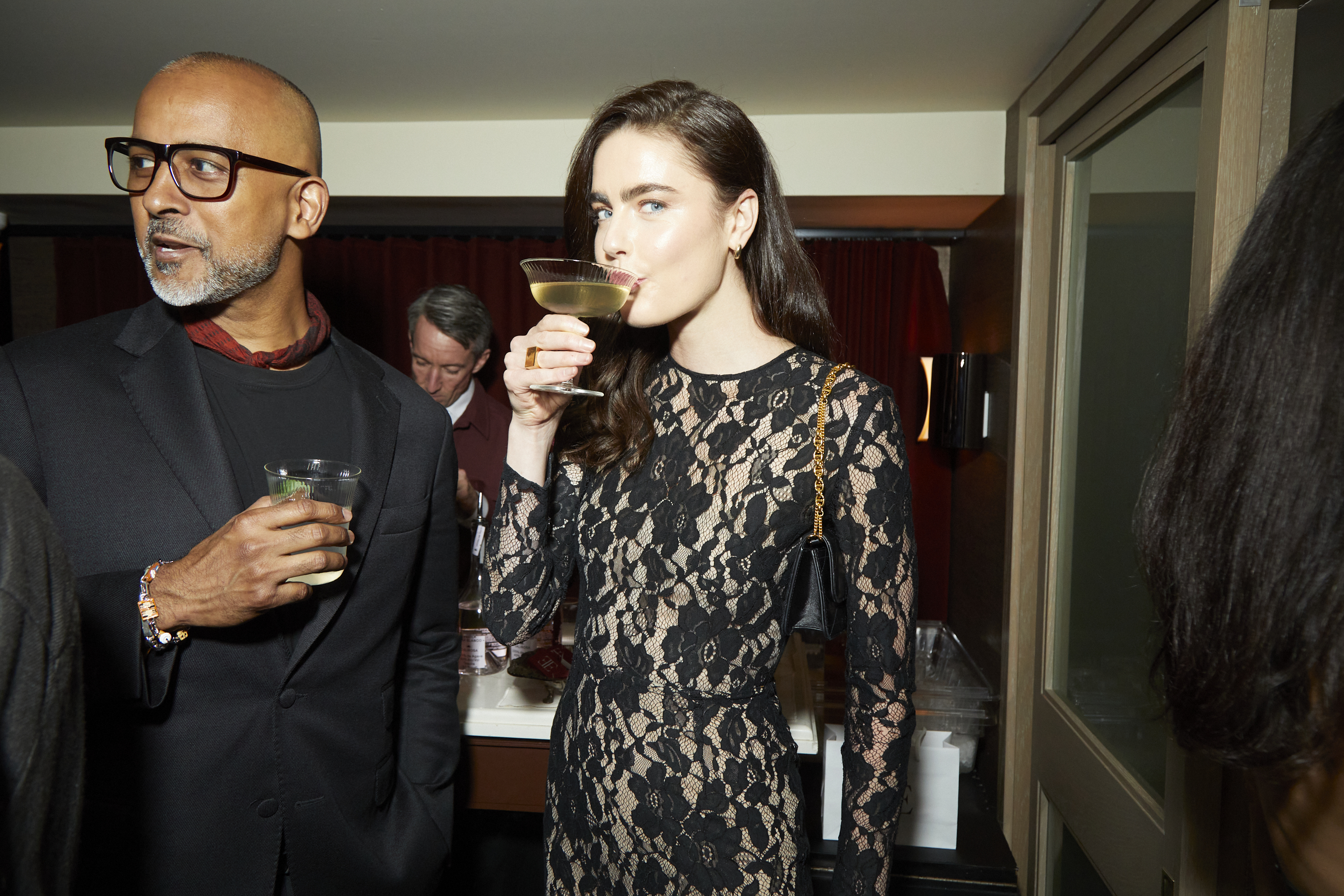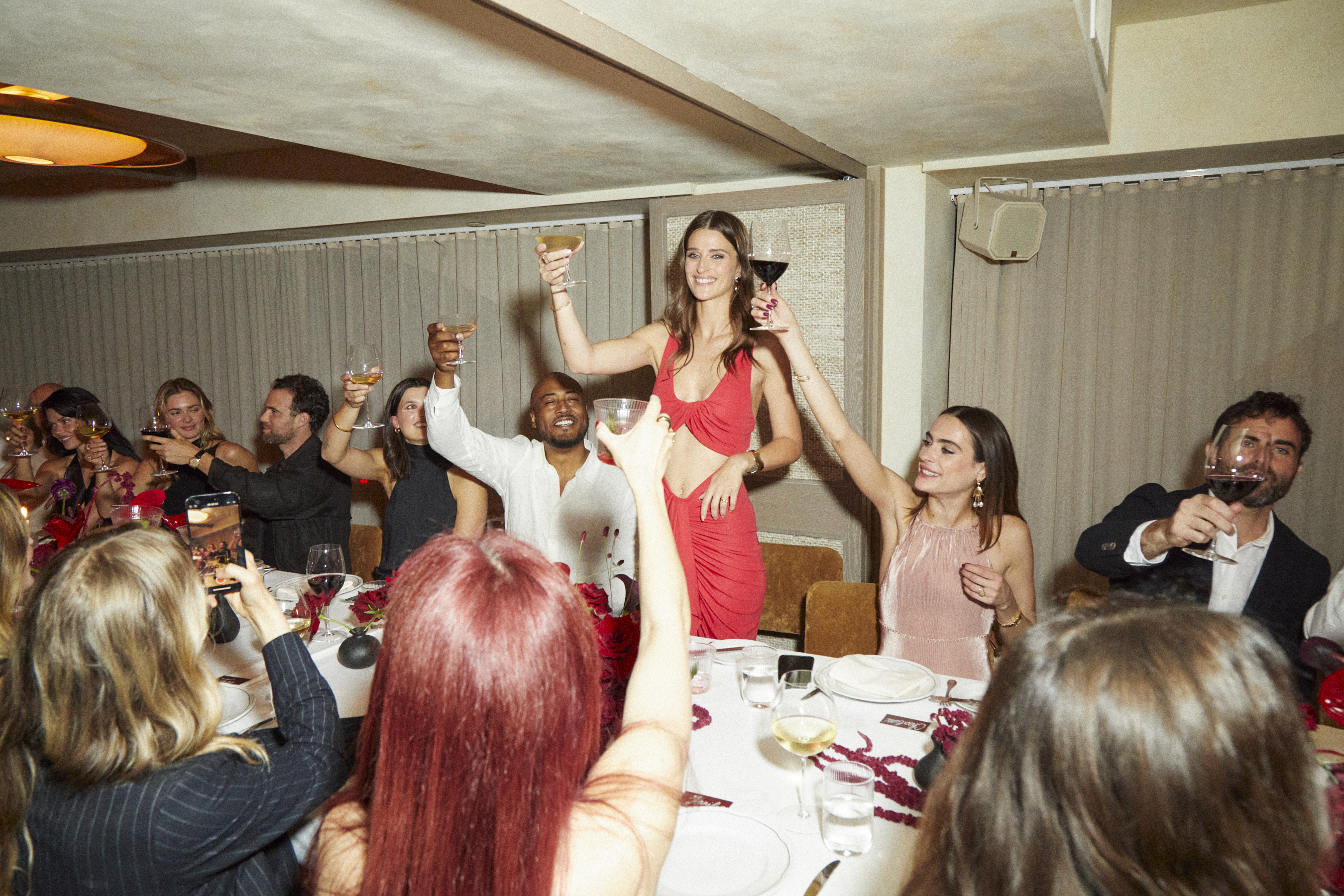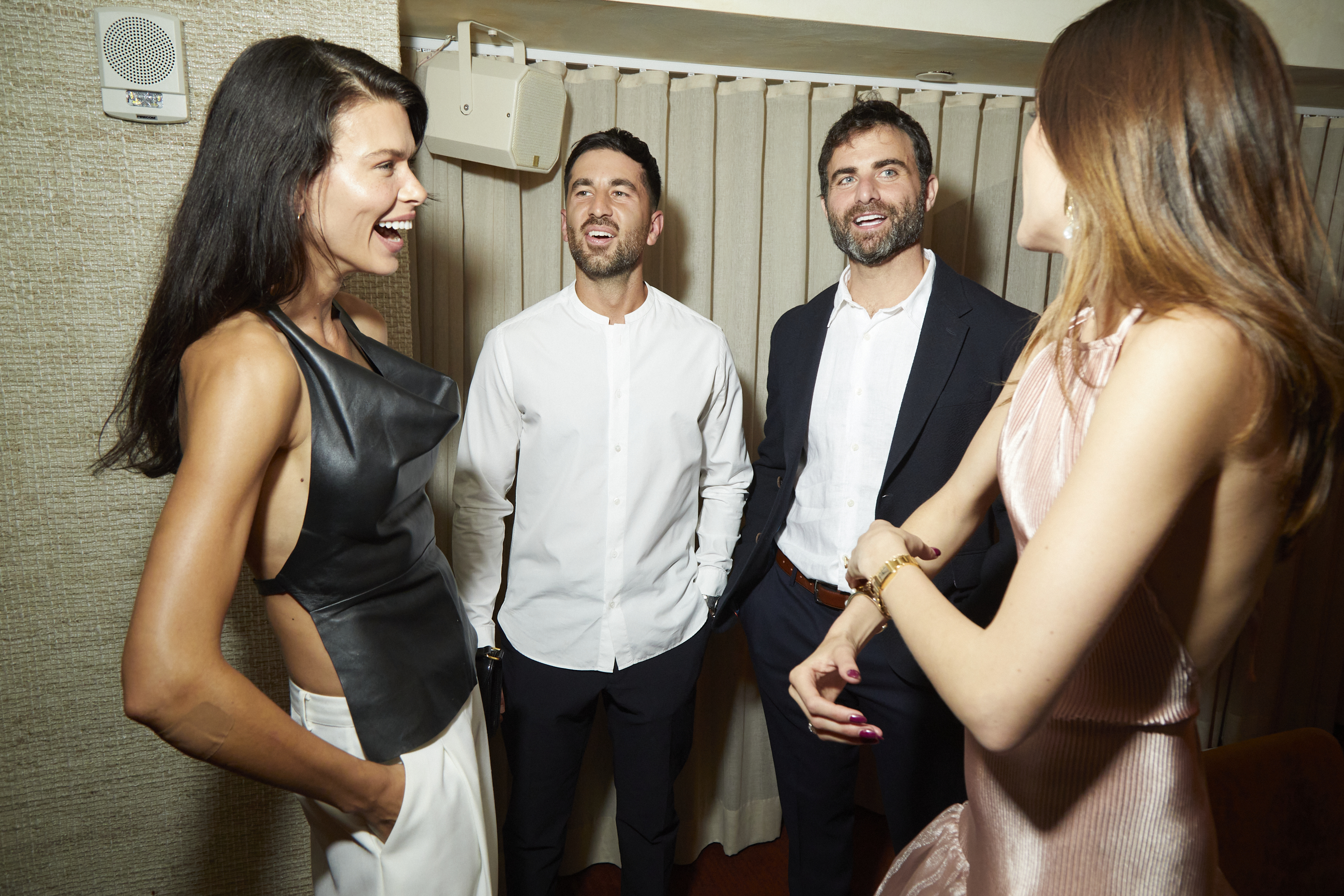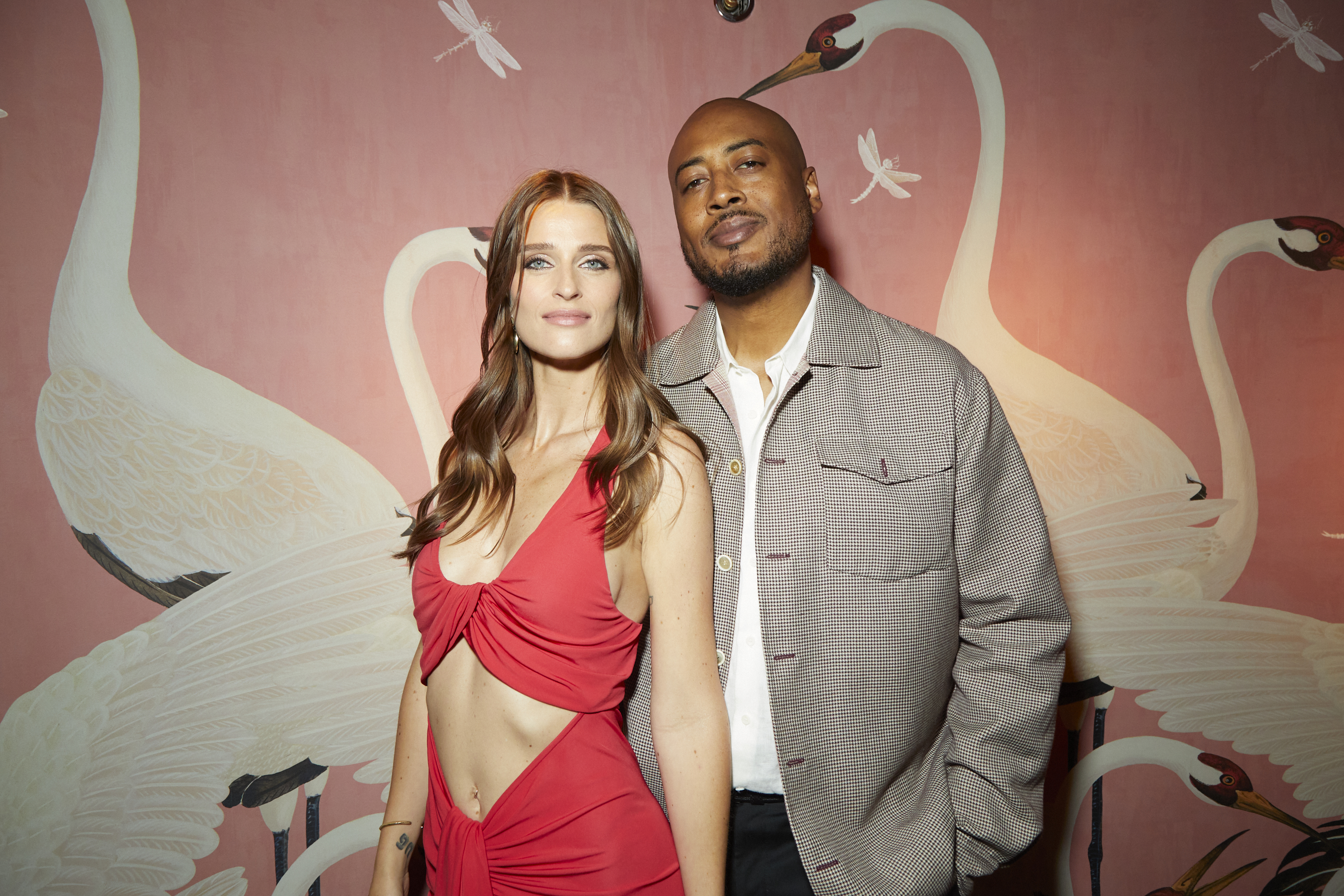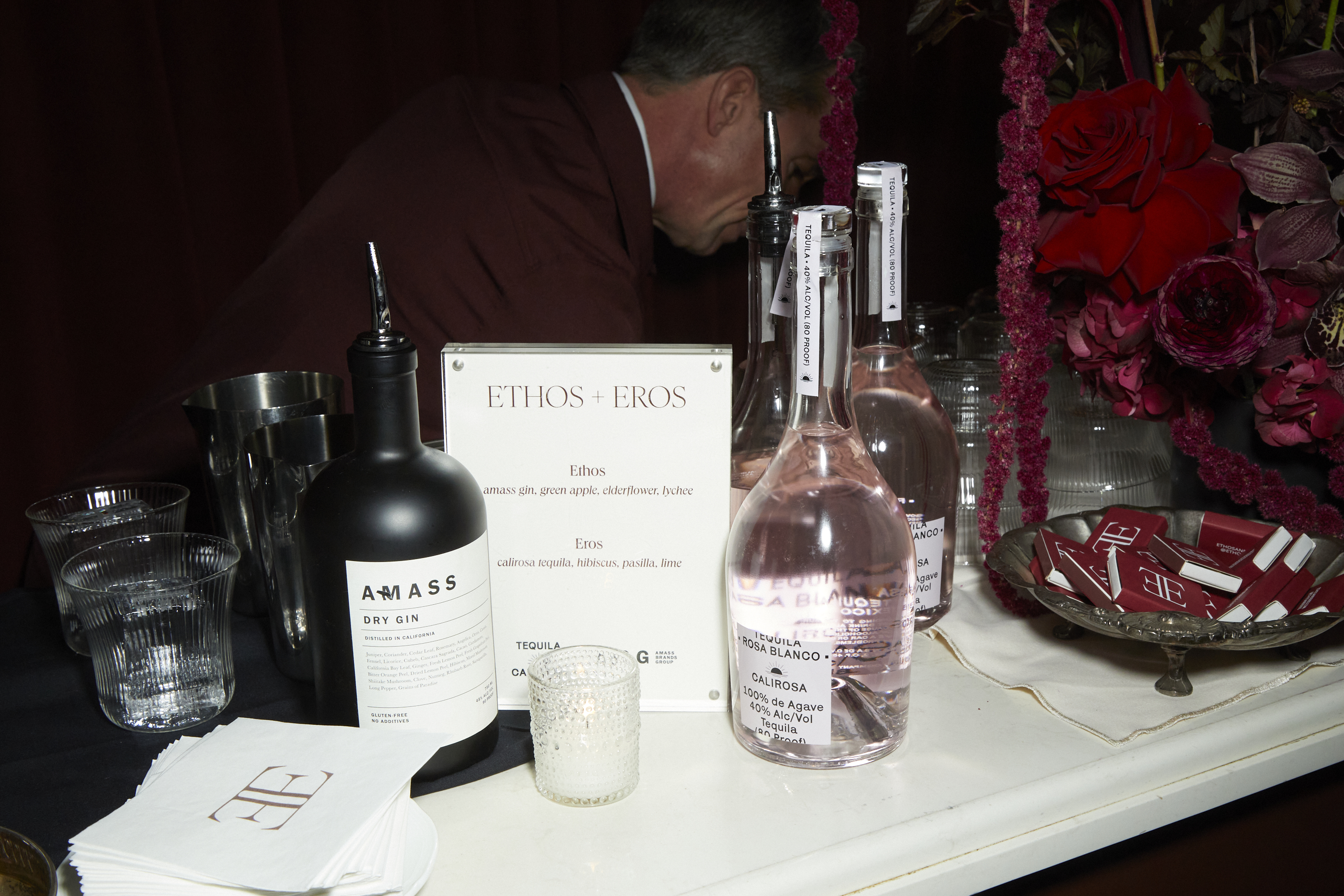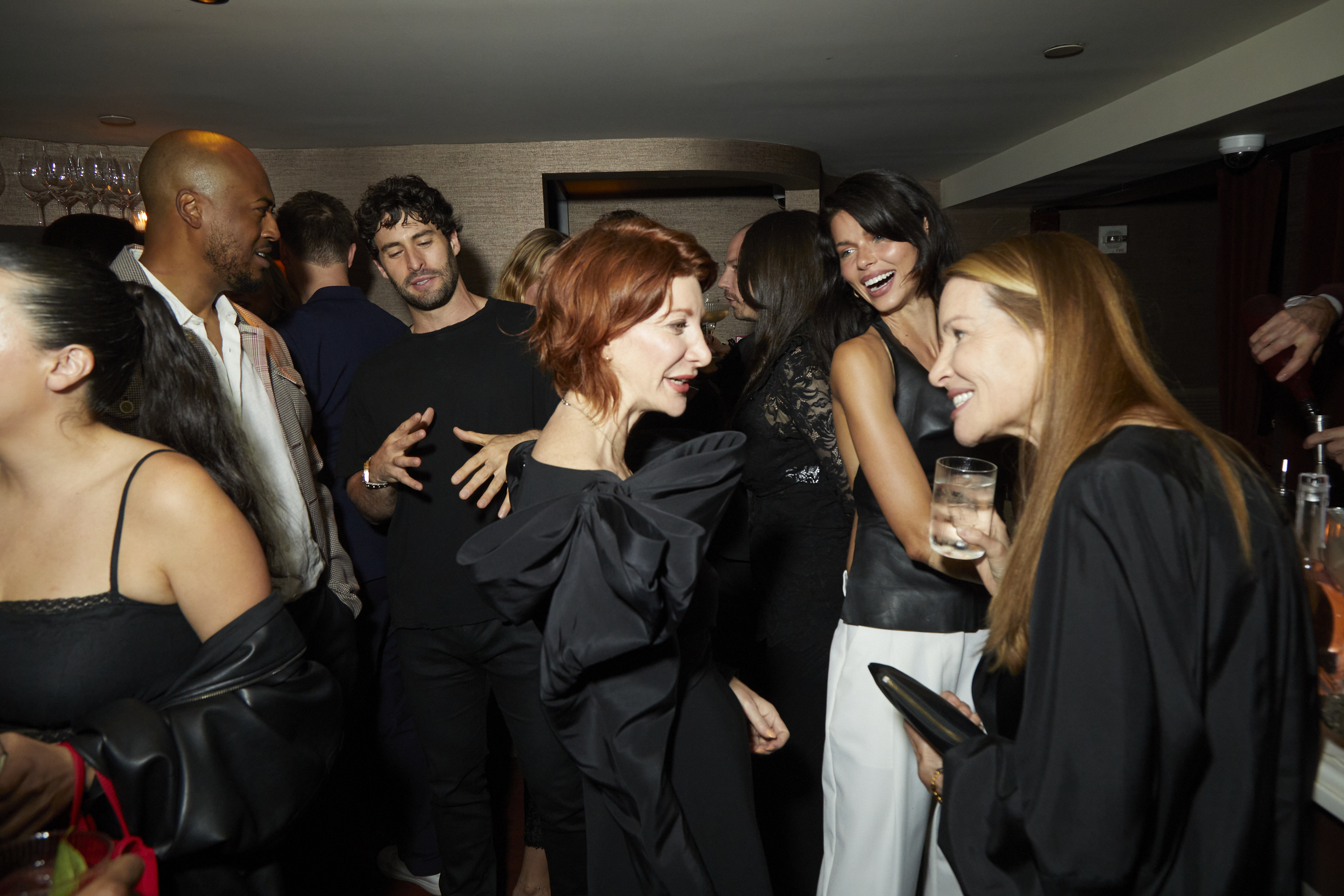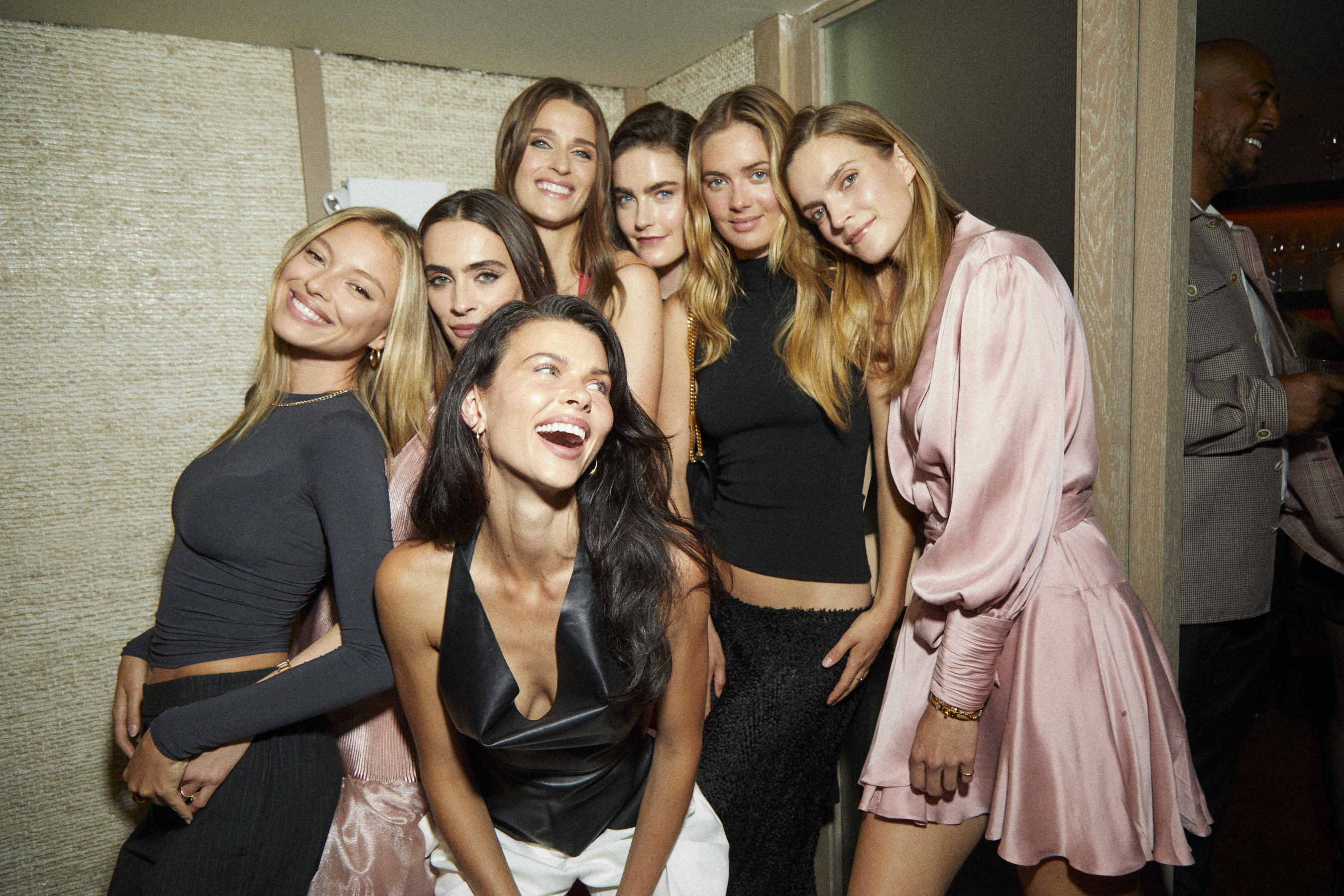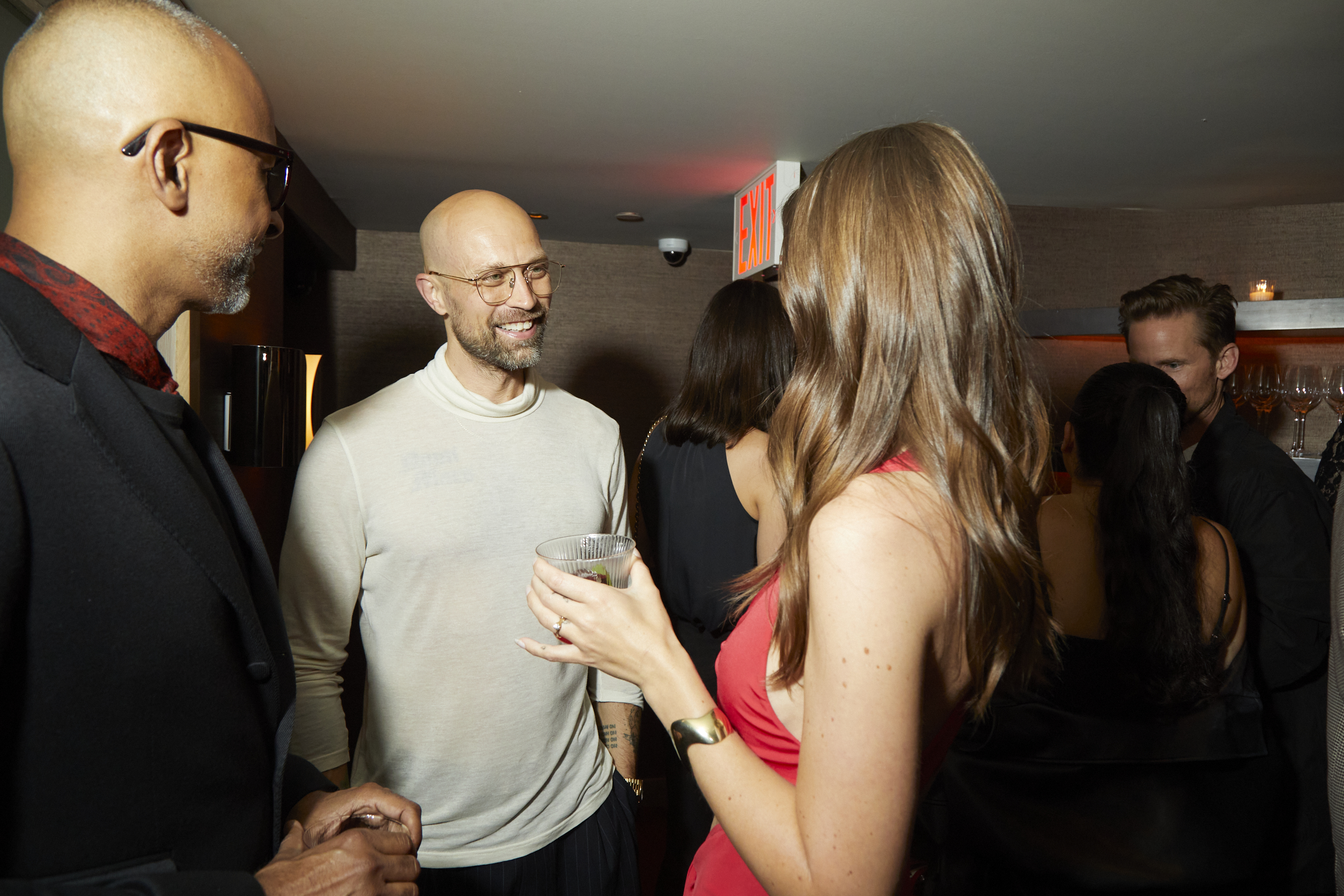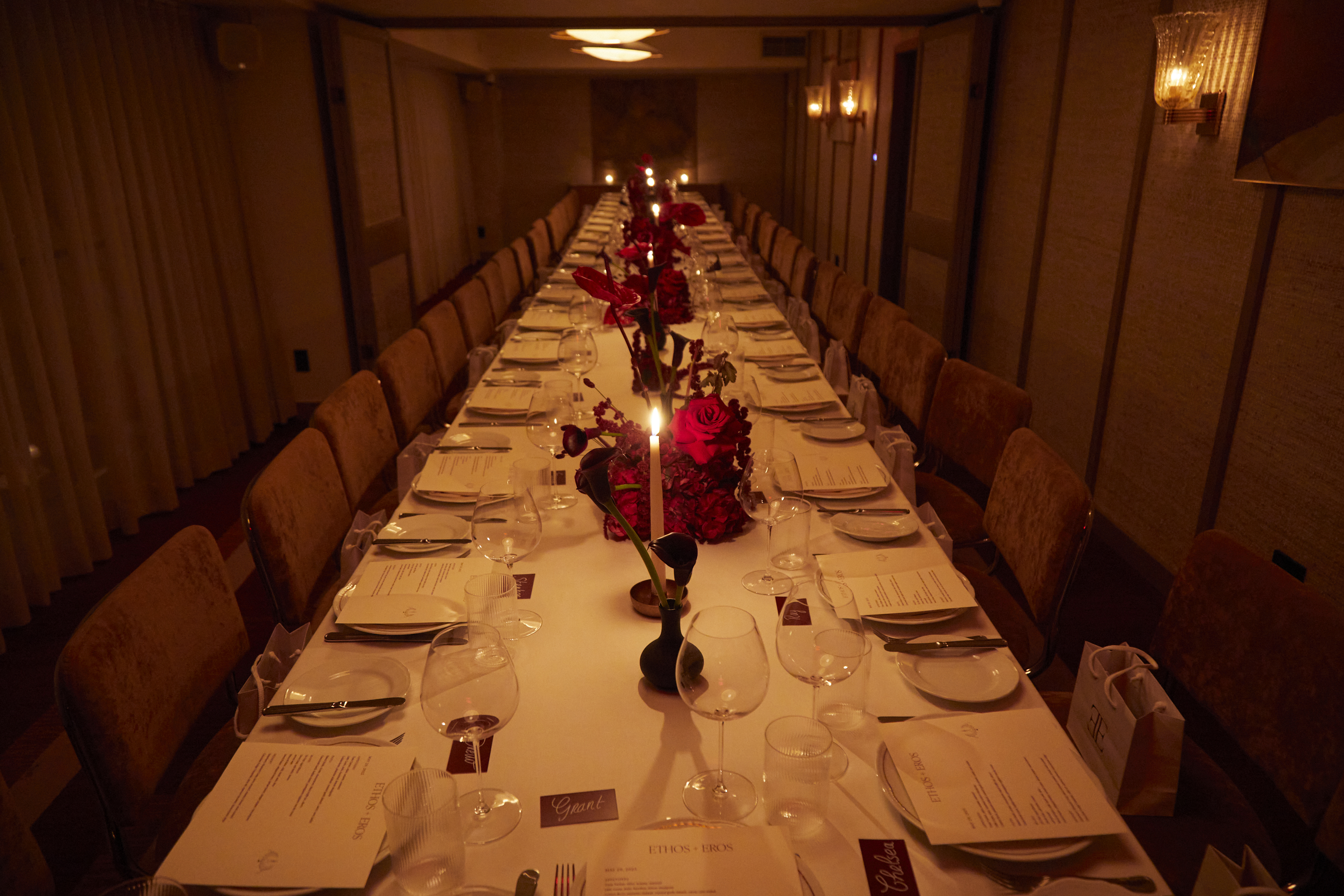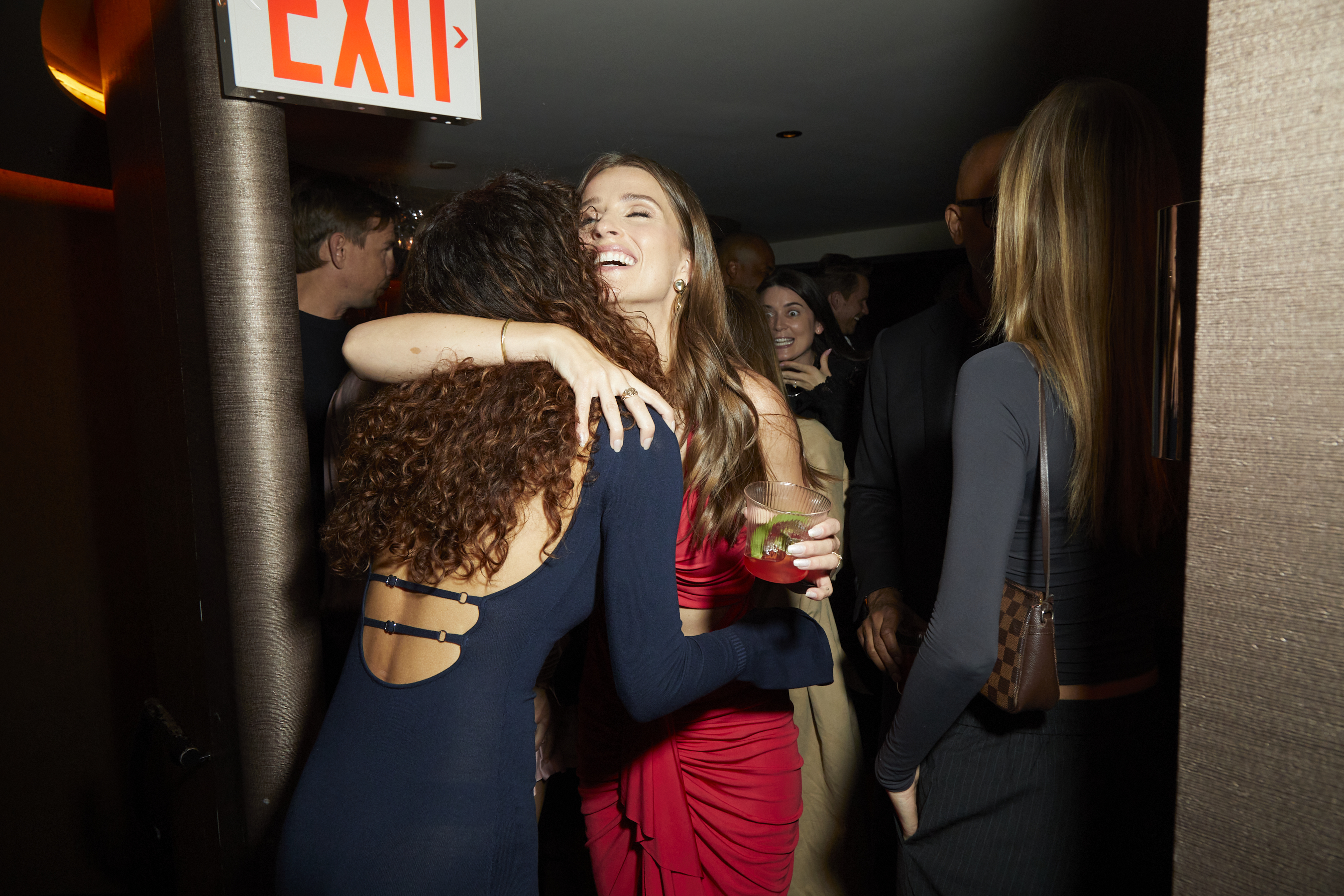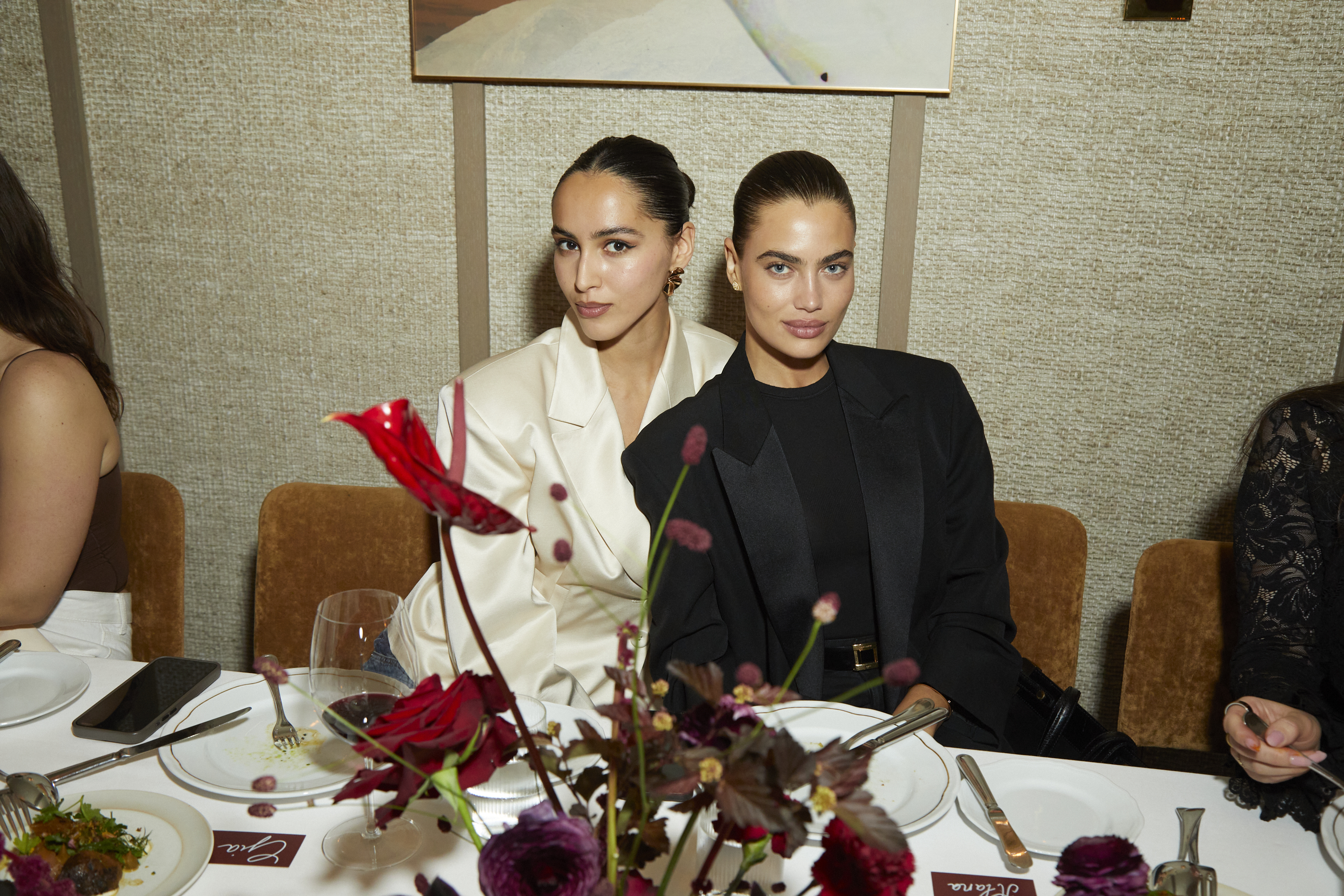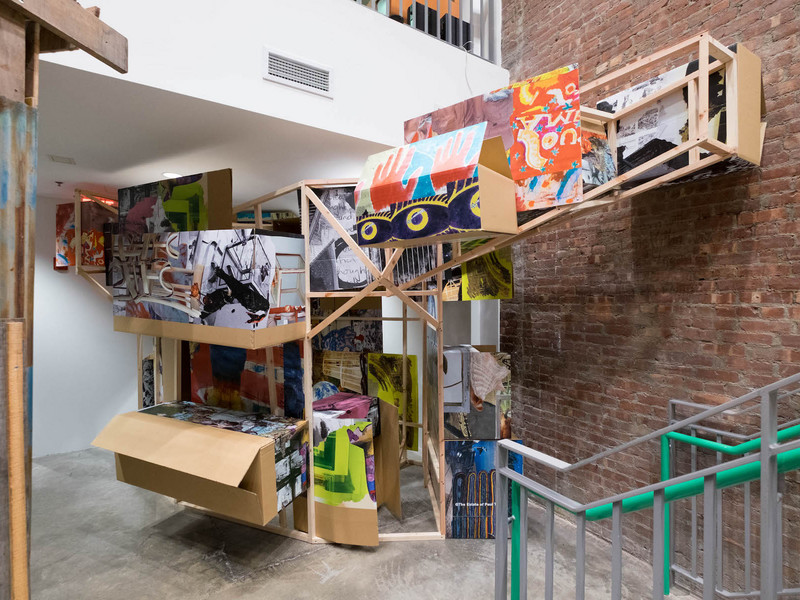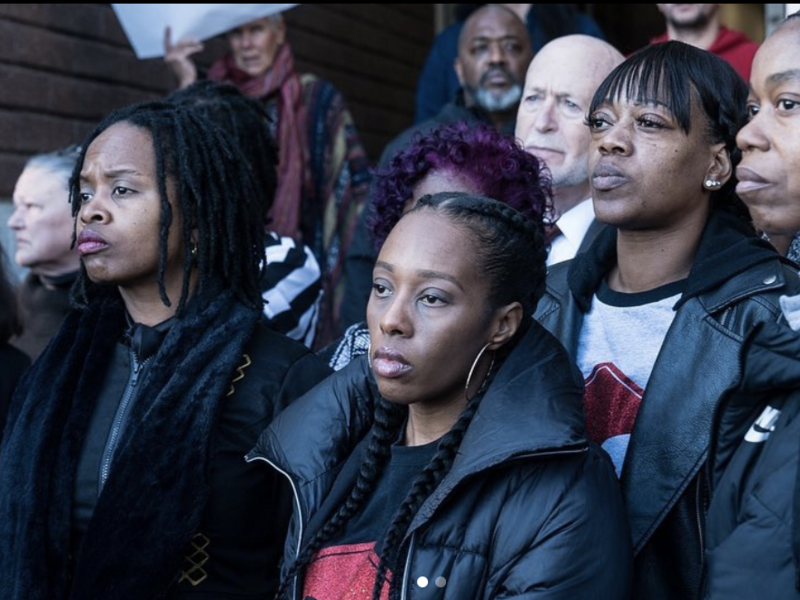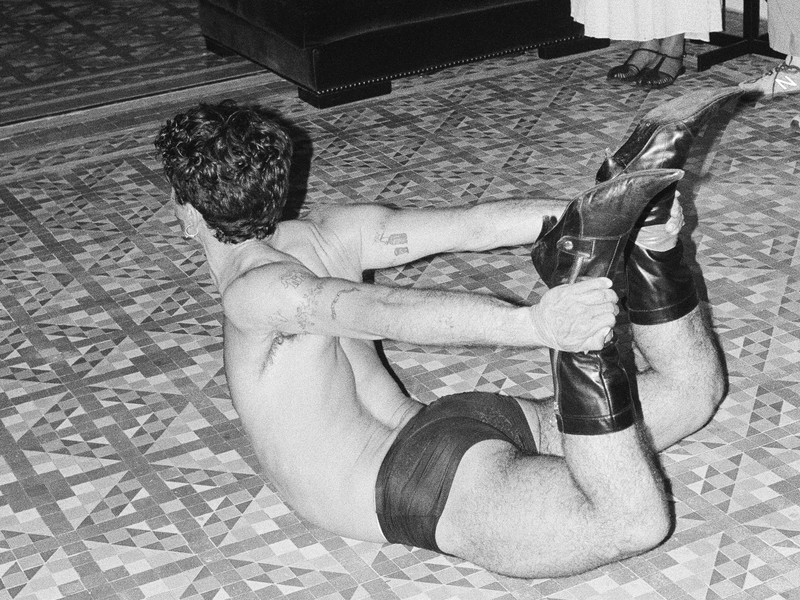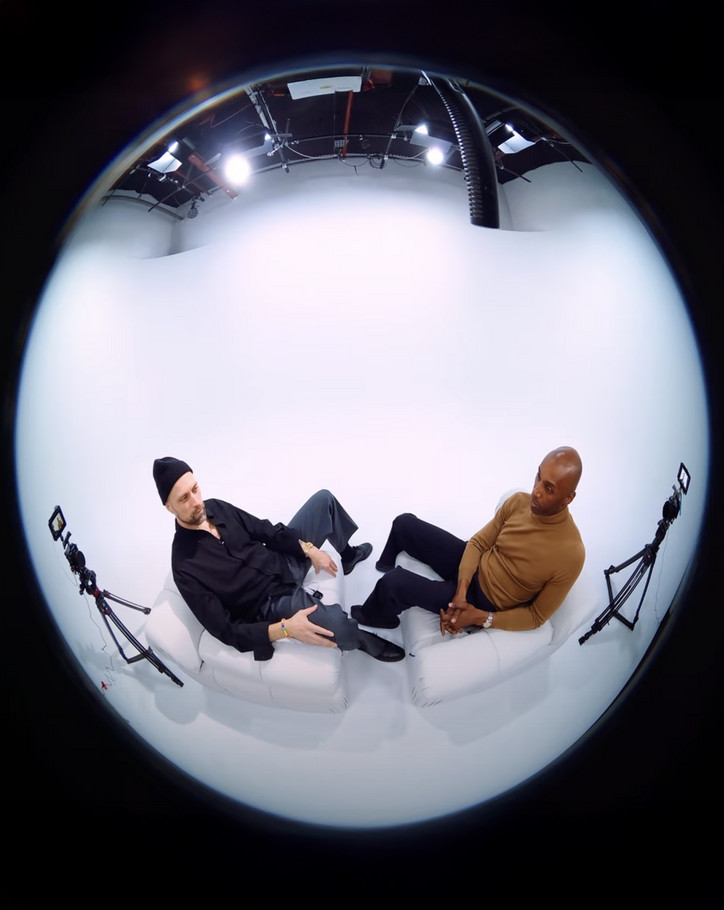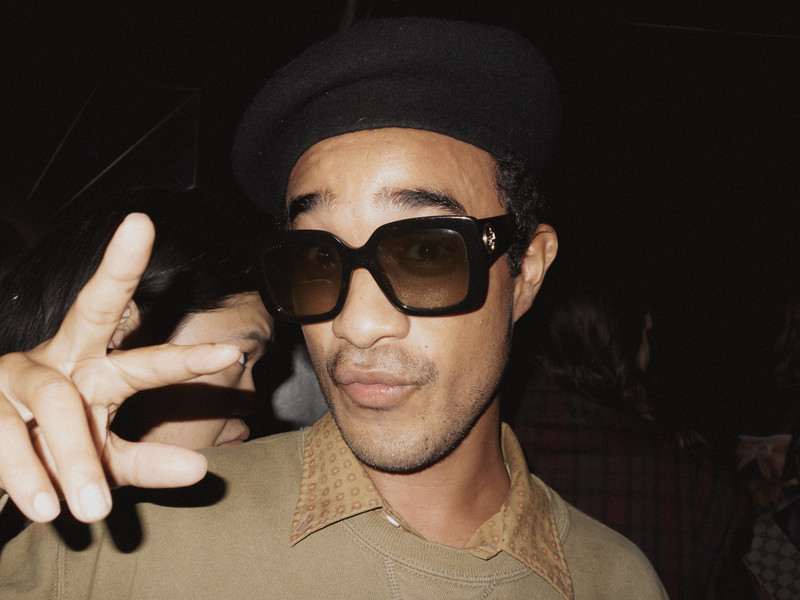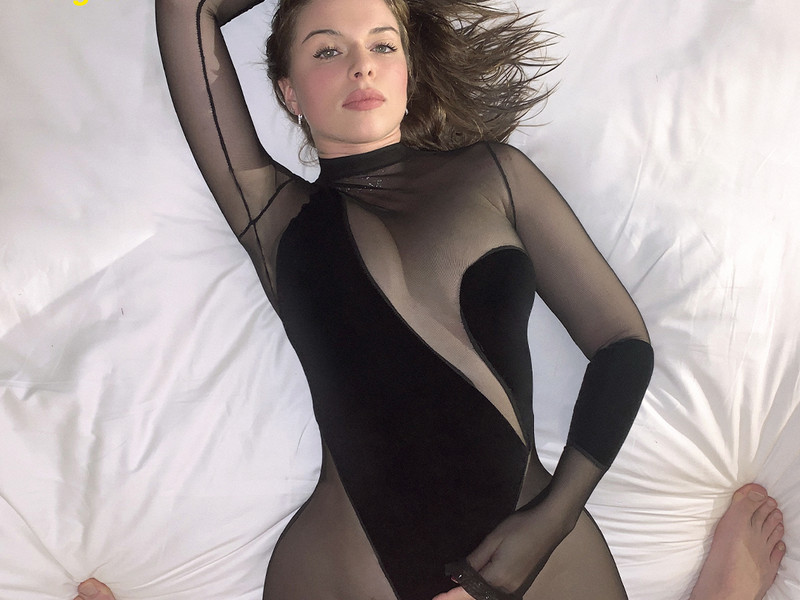Leiomy Maldonado's Meta-Ballroom
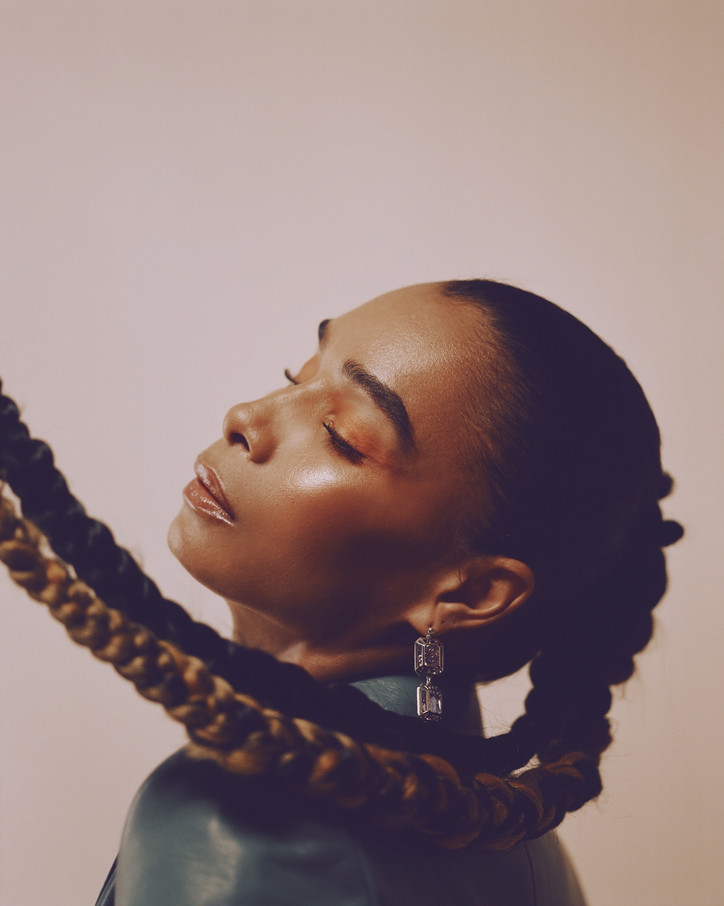
office had the chance to enter the Metaverse and explore Dream House before sitting down to speak with Leiomy about her experience taking part in the pioneering virtual community. While the development of new technologies and ways of interacting with our chosen communities and families are undoubtedly exciting, Leiomy emphasizes the responsibility to stay true to the culture and heritage of Ballroom and use its history to inform our ever-developing technologically advanced communities.
How did you come upon stepping into the metaverse and exploring this kind of space to interact with your art form, as well as your fans?
Well for me, I found out about Metaverse and Oculus via my own gaming experiences. I love gaming. I now have the opportunity to speak on this panel in the metaverse and discuss the idea of chosen family, and also learn how to create an avatar and use gestures to get different facial expressions and stuff like that. It's been really, really fun. I'm looking forward to possibly teaching dance class through the Metaverse because the movements are really so fluid.
I’d love to talk about your experience here as someone who so prominently expresses herself through your body movements and physicality. Now that we are starting to understand a new form of physical presence with this platform, how do you reconcile your relationship with your real-life physicality with existing in such a virtual space?
It's still kind of something new. I'm getting used to it but I am really, really so interested in just how everything moves. And I'm able to do some voguing here like that's so cool. I can only imagine how much further we can get with this technology but I feel that so far it's really fun. I enjoy everything about it. The fact that you can even make facial expressions and give high fives and put your hands up to get confetti…
It’s also nerve wracking, and quite vulnerable compared to what a more traditional online experience is. Ballroom too is such a space where you have to make yourself vulnerable to others.
Yeah it is. Because you know, you have to get out there and get in front of people and be judged for whatever you're representing. That can be very tough.
What was your experience the first time you stepped into the Ballroom community?
I was introduced to voguing through a VHS tape which is so different compared to how so many people now can just hop on YouTube or social media and find out about it. I feel like my introduction to Ballroom was more so me finding myself as a woman of Trans-experience and finding a place where I was able to be myself and showcase my talents in a competitive way. But then also in a way where I feel like voguing shaped me into being who I am today. I was able to learn how to express myself as a young teen and I was able to, you know, express my emotions and disappointments and my happiness and every every emotion you can really talk about through it. That's something that has been a huge journey for me: being able to express everything that I've gone through through my artistry.
Now, being the mother of your own house, you have a global scale of respect and admiration. What kind of responsibility do you feel accompanies that?
I've been a mother even before starting my own house. I've had kids who I've been mentoring for years and have been under my wing. And I feel like as I’ve been becoming a house parent, that has become more of an international thing. I was able to create a family and a house for kids around the world and bring together so many people who wanted to be a part of ballroom, but didn't have the proper mentorship or the right leader. A lot of times, people just come up wanting to be a part of ballroom just because of the excitement and entertainment of it, but they don't understand the culture and familial aspect behind it. I wanted to get a place where I could provide a family to those people who didn't have one at home themselves.
There is visibly a new crowd of people who have been propelled towards Ballroom as a result of the international exposure. Shows like Pose, and then later Legendary which you are a part of, have brought the community into the limelight. While it’s fantastic to see a range of people be introduced to and explore the history and culture of Ballroom, do you think that there is a reason it has been very intentionally gate-kept in the past? Will Ballroom need to continue gatekeeping as a form, almost, of self-preservation?
It's still important to gate-keep Ballroom because a lot of times, yes, ballroom is getting all these opportunities in the mainstream and all these things are starting to open up for people in the community. But a lot of times those opportunities, even though there have been given or open to ballroom people and the people who are actually a part of our own, those are not the people that are able to take the opportunity because a lot of times it's through dance agencies for instance, and they're looking for voguers and they're looking for people who are part of ballroom and here comes somebody who just learned about Legendary last month and then they’ll try to take the gig. That's why even till this day, I’ll constantly call people out and say “sorry, but not sorry, this is not proper. This is not somebody that should have had it.” I don’t do this in a sense of hating, but more so because there's so many people who could have had the opportunity. Brands who choose the wrong person are ultimately cheating themselves and they're cheating their viewers because they're not giving them the proper, authentic talent. I still am a firm believer in this and I stand behind gatekeeping because it's important that we still have boundaries when it comes to getting opportunities through involvement in a Ballroom community.
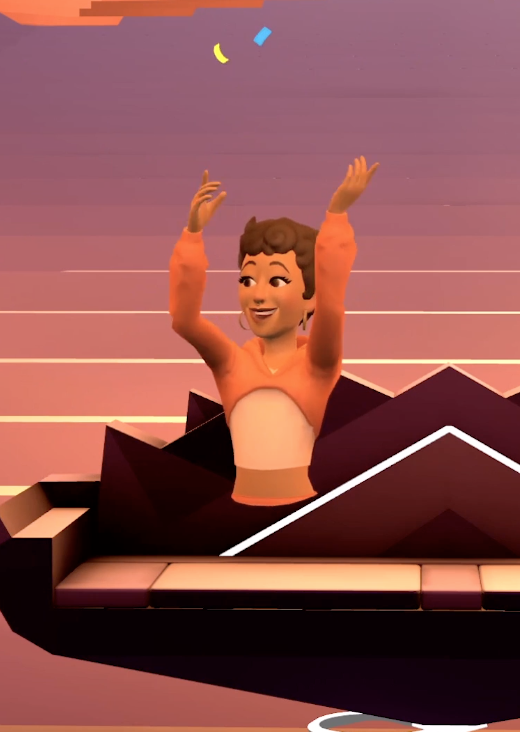
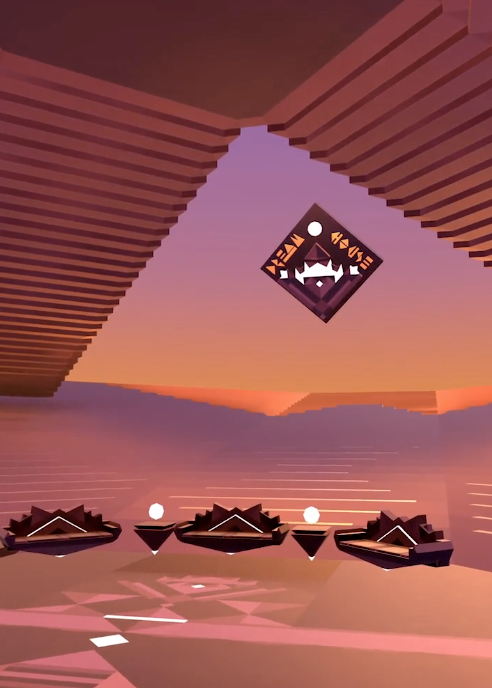
Leiomy's avatar pictured in Dream House within Horizon Worlds.
On Legendary as well, your critiques are famously very candid and they express exactly what you're talking about, which is that it's about more than just the movement. It's the emotional connection. The dramatics are part of that real-life, lived experience that translates through the story that you're telling. How are you looking forward to sharing those experiences physically, and dramatically, where we are now: in the Metaverse?
I think it'd be fun to teach it like a voguing class. Even if it's just hand performance. It would be fun to get people involved this way. Also, in live classes, you come across people who clearly don't want to be seen. A lot of times they're joining the class, but they're in the back, but I'm the type of person that when I'm teaching those classes and I see those people I push them to the front and I'm like, no, like, come to the front. Don't be afraid to mess up, don't be afraid to come into this space. That's what I'm here to do: to teach you. So I feel like teaching classes through here would be interesting dynamic-wise. Even having panels where you can have a couple of the icons sit around and just share the experiences with others and share how it was in their eras and when they came around, opposed to, you know, nowadays, where things are far more accessible.
Do you think that this is also going to provide avenues for people who may not have the physical ability or mobility to participate fully in vogue and Ballroom to come into that community virtually?
I think it does open things up, especially for people who are not as mobile. This is a place where people will have so many endless options and endless things to do which is pretty inspiring. I love the fact that you even brought that up because I'm sure a lot of people don't even think about that. We should never forget about including everyone in our community. I’m looking forward to hearing from someone who has been able to experience new types of mobility here.
Is there anything that scares you about the Metaverse, considering how different it really is from real-life?
I haven't looked at it in that way. I honestly feel like this is more of a safer space for a lot of people where you don't have to meet people in person. For example, a lot of trans women are being murdered right now. Something like this can open up places where you can meet someone and try to get to know them on a better level where you don't have to go out of your way to meet them and put yourself at risk of violence. Even for trans kids who want to be able to be in spaces where they're not being pointed out because they're trans, who are now able to live experiences and share things with other people and not always have to be surrounded by their physical reality. It is inspiring.


